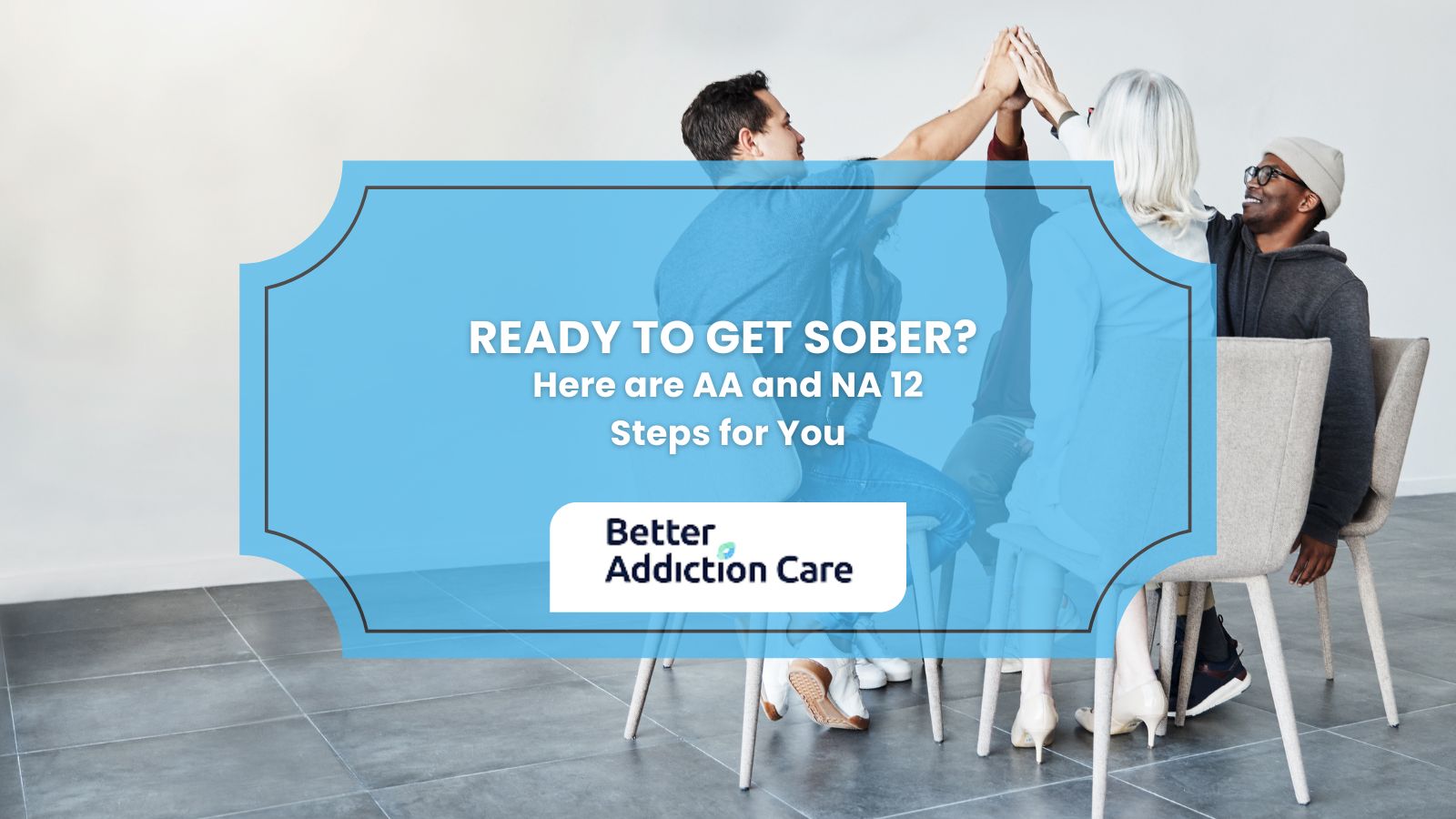Understanding rehabilitation is crucial if you"re dealing with substance abuse or addiction issues. The goal of the rehabilitation process is to help people recover from addiction and gain the tools needed for a healthier life. A substance use disorder involves a problematic pattern of alcohol or drug use, leading to significant issues in daily life. Rehab often provides structured support and therapy to address these drug addiction issues and helps individuals rebuild their lives. It offers education about addiction, therapy to manage cravings, and strategies to prevent relapse.
Houston has a variety of rehab centers and support services. The citys large network of treatment facilities means you can find care that suits your specific needs. Whether you"re looking for inpatient or outpatient services, Houstons diverse options and supportive community resources can play a vital role in your recovery journey.
Continue reading to discover the latest substance abuse statistics, various types of treatment centers in Houston, associated costs, available services, and tips for finding the best rehab facility in your area. Below is a list of the leading rehab centers in Houston:
62 Treatment Centers in Houston, TX
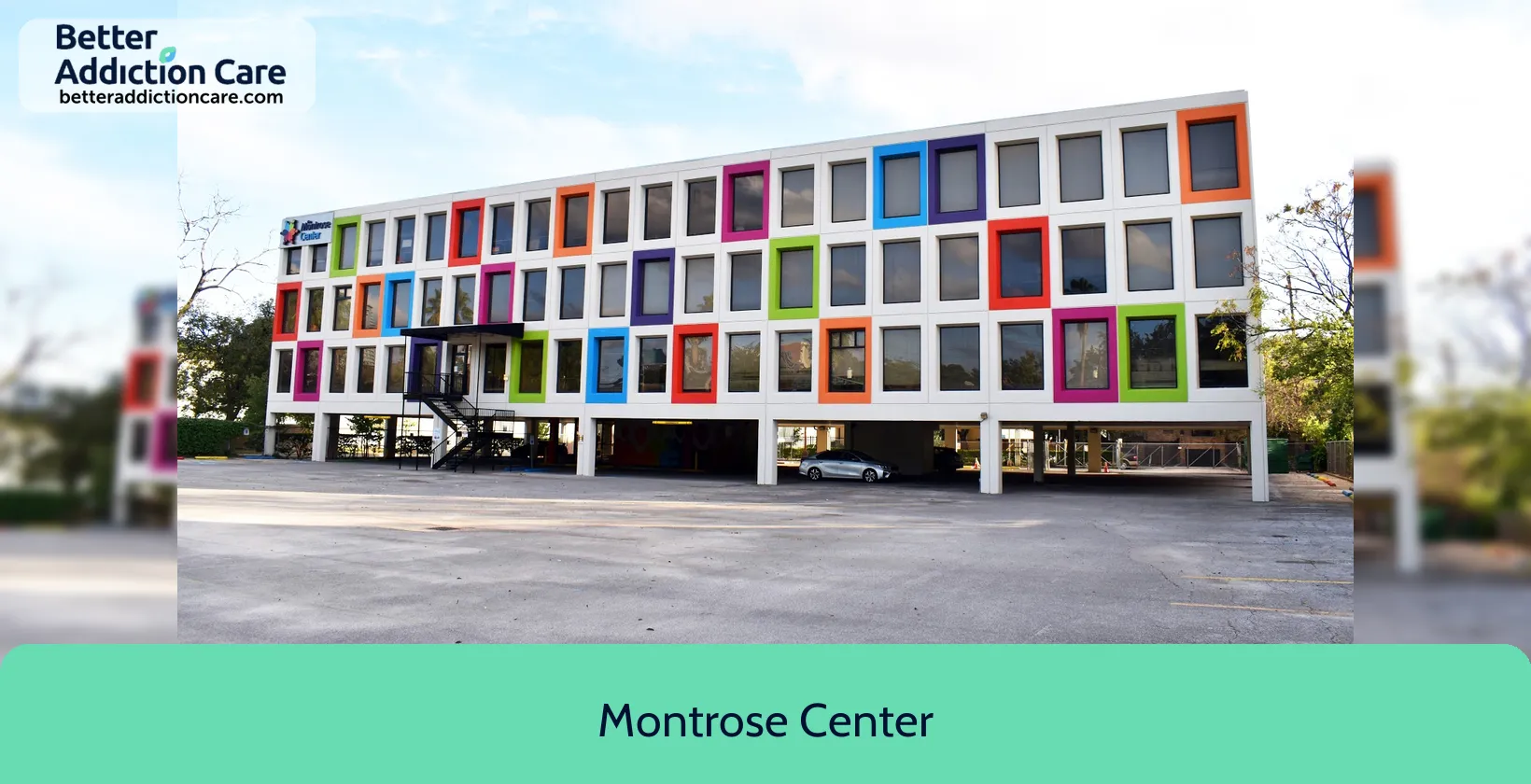
6.97
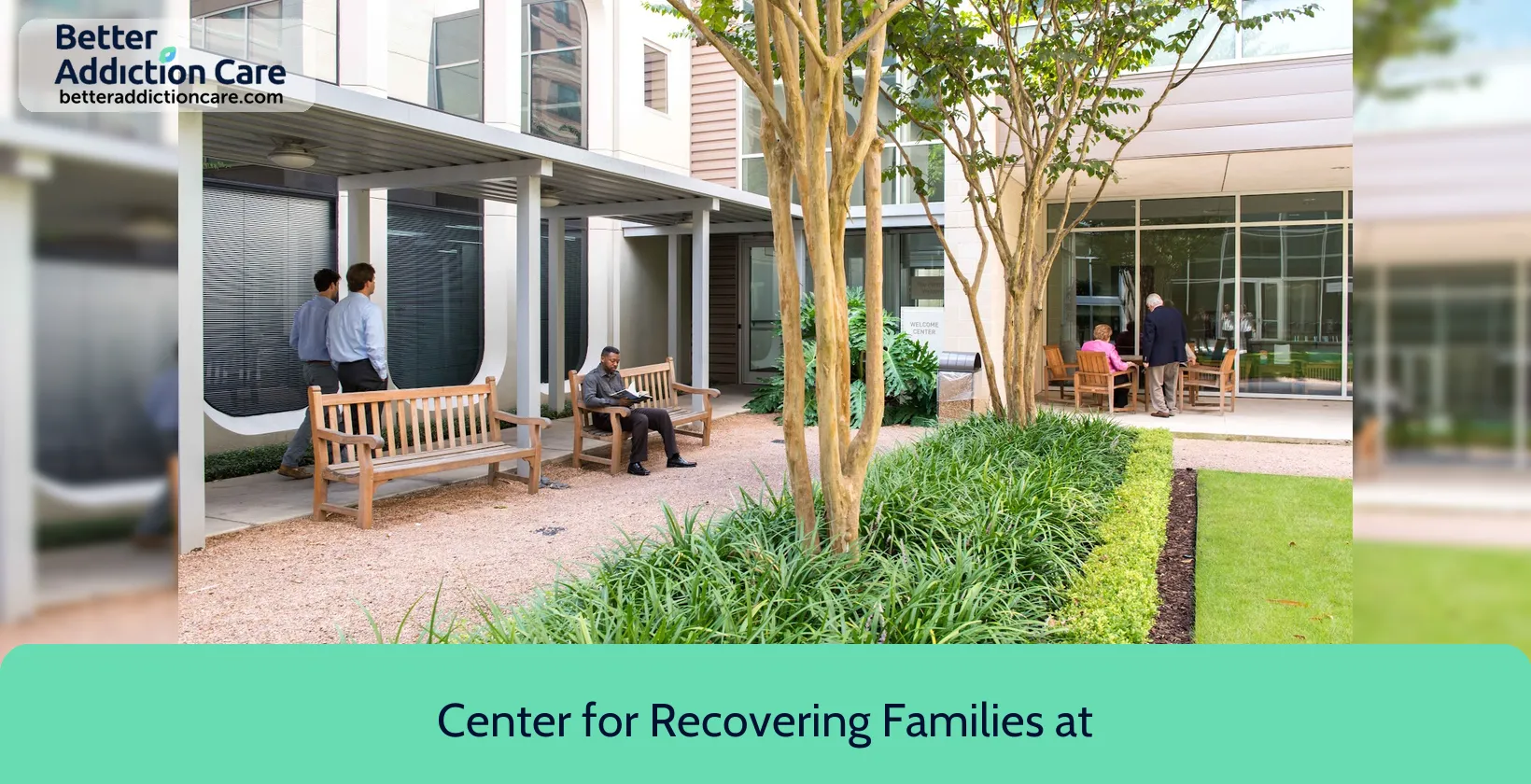
6.99

7.40
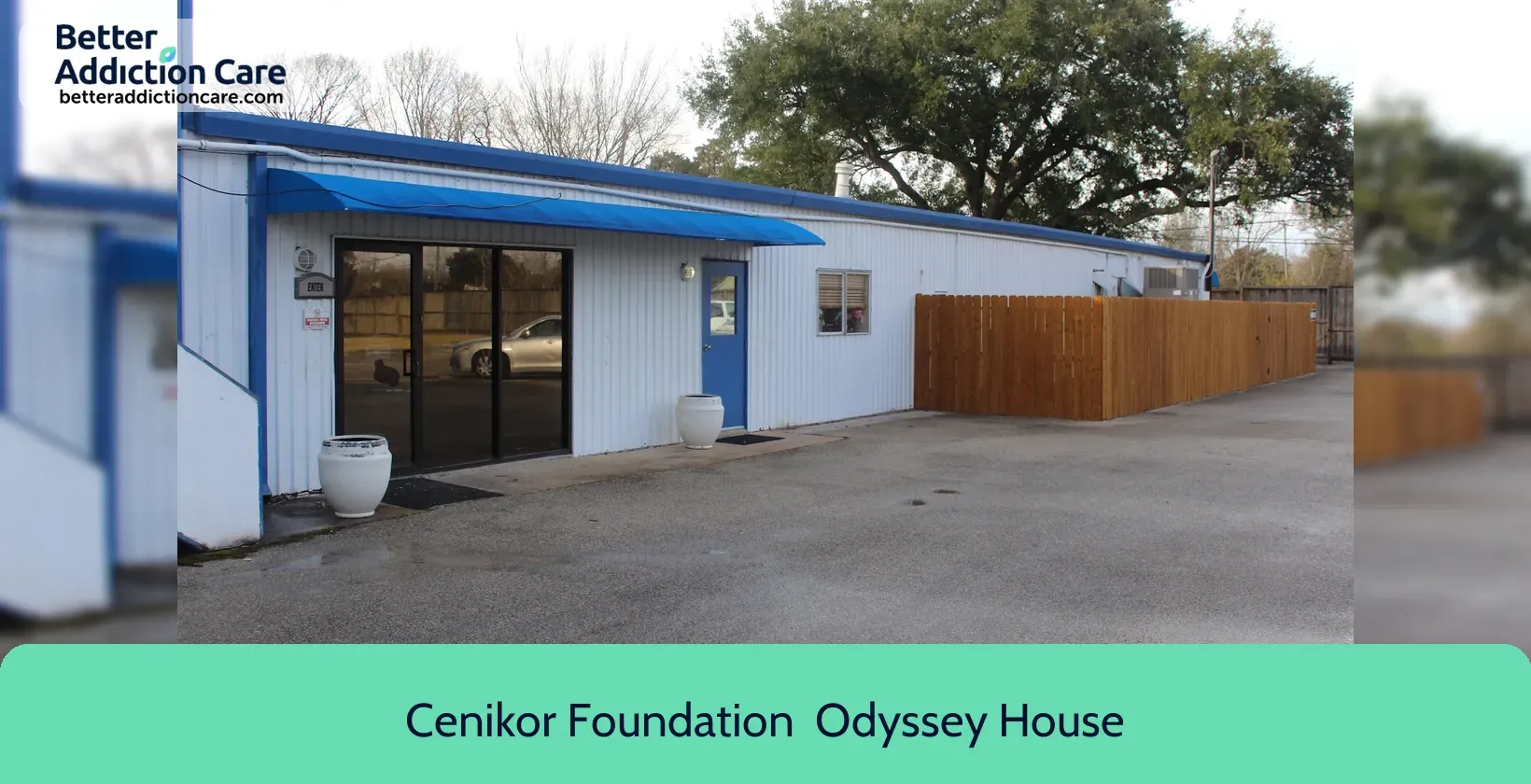
6.96
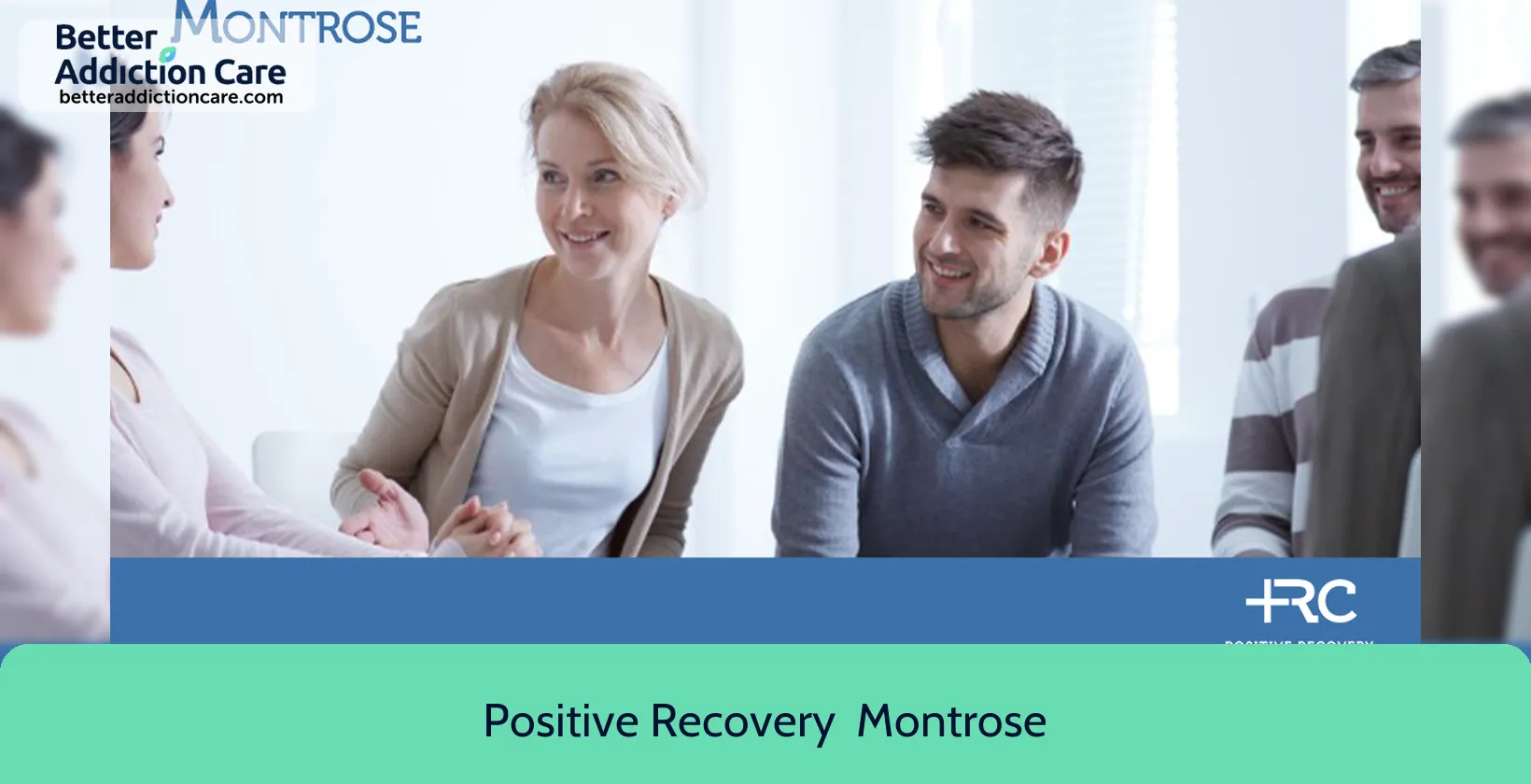
7.11
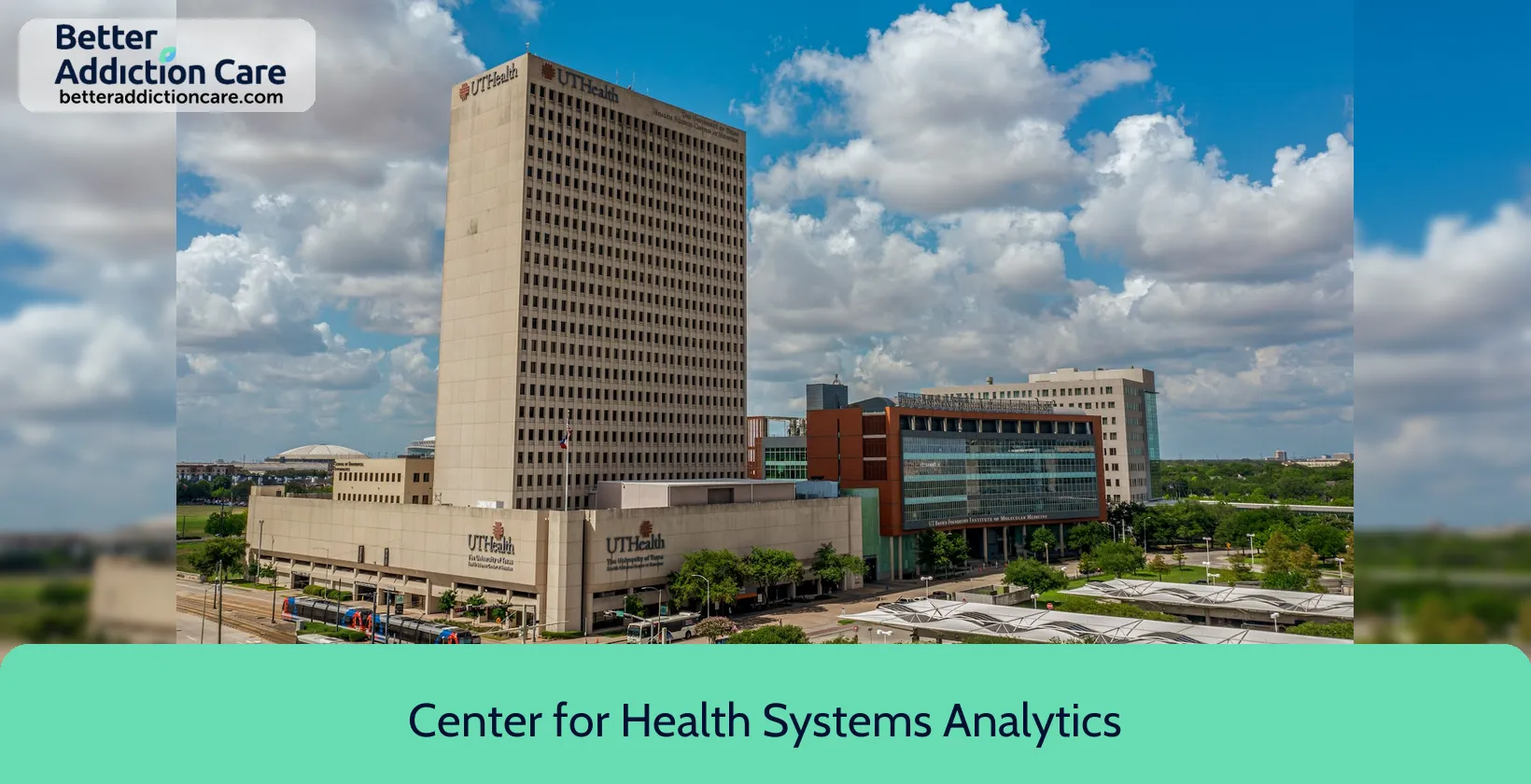
7.19
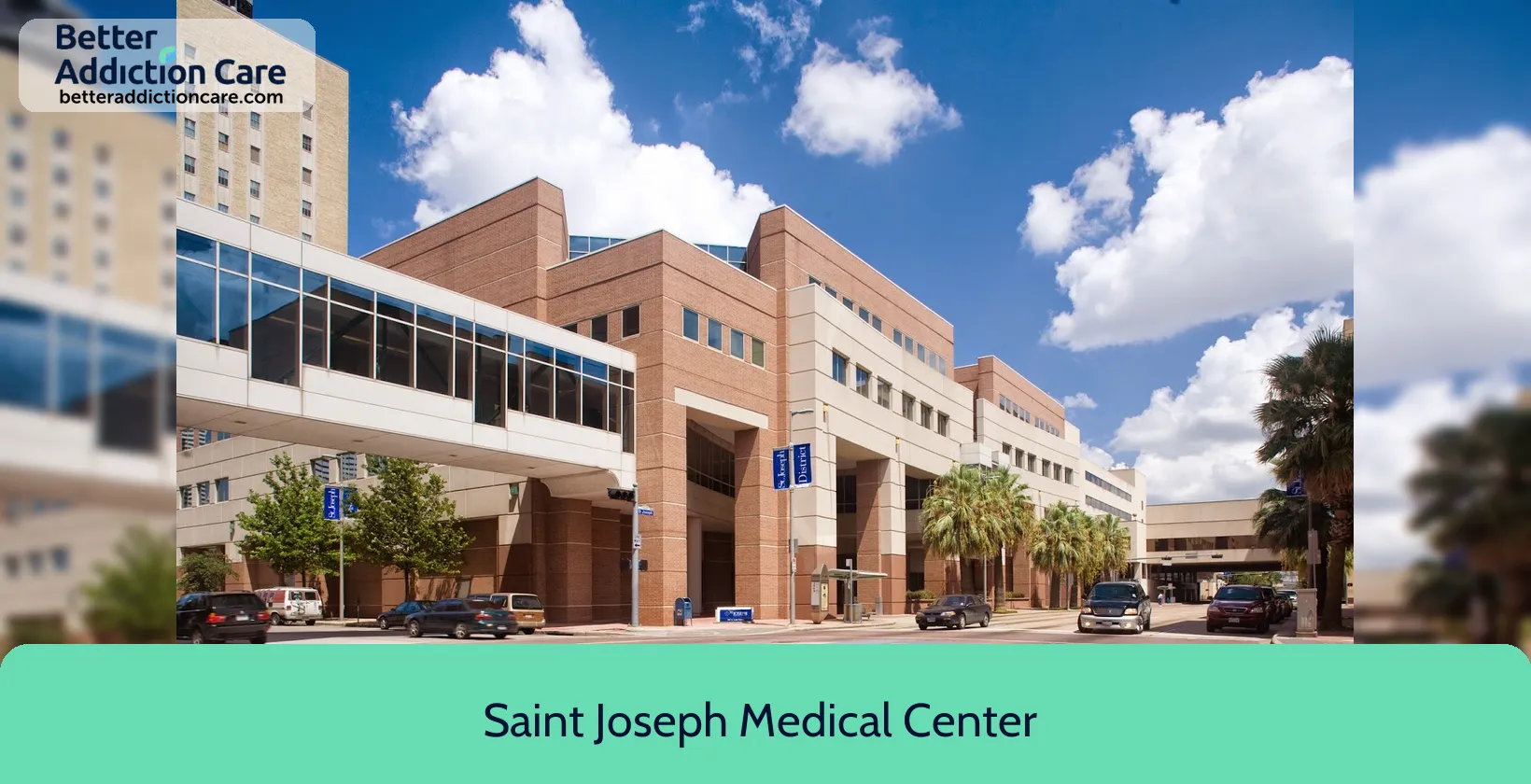
6.71
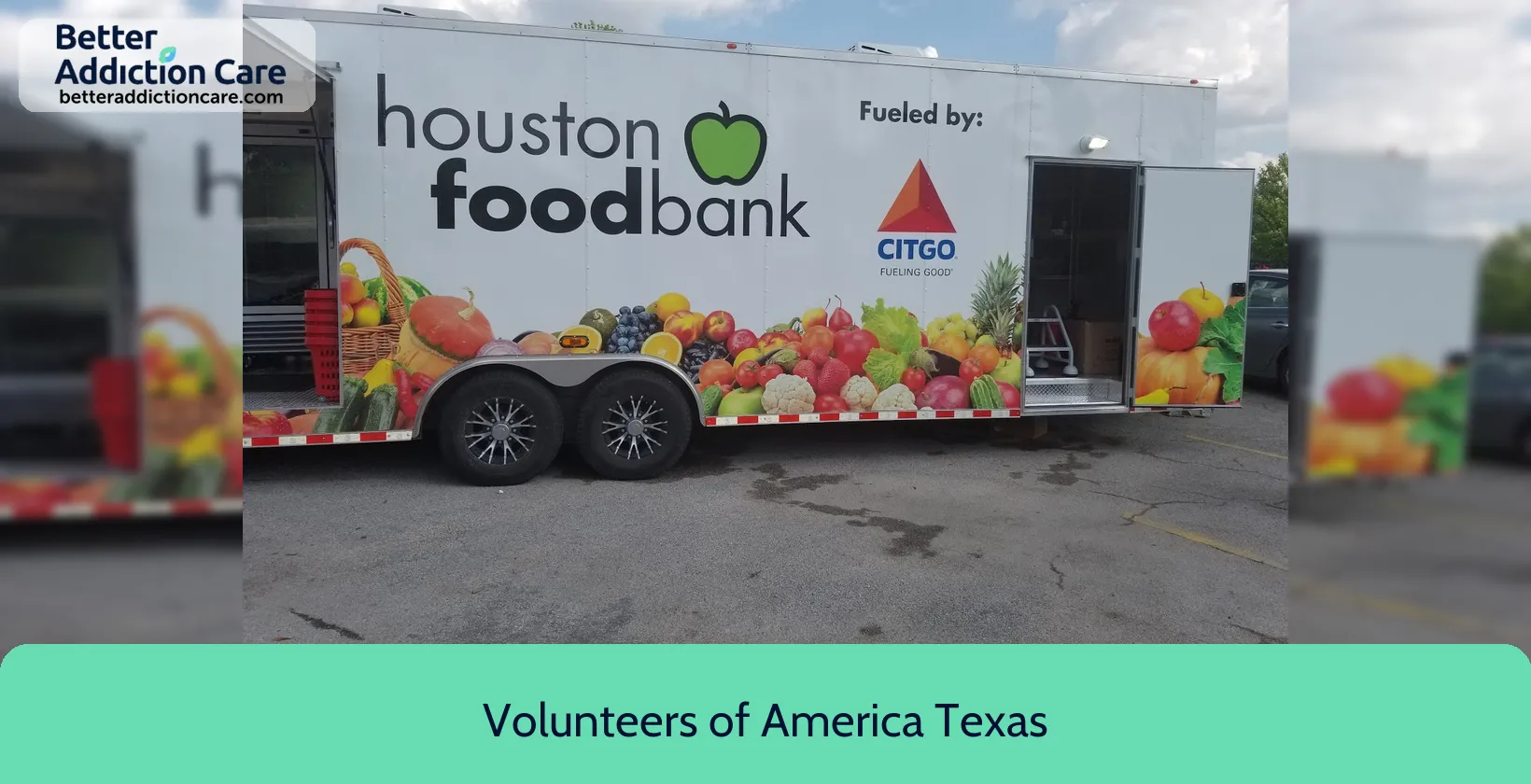
6.96
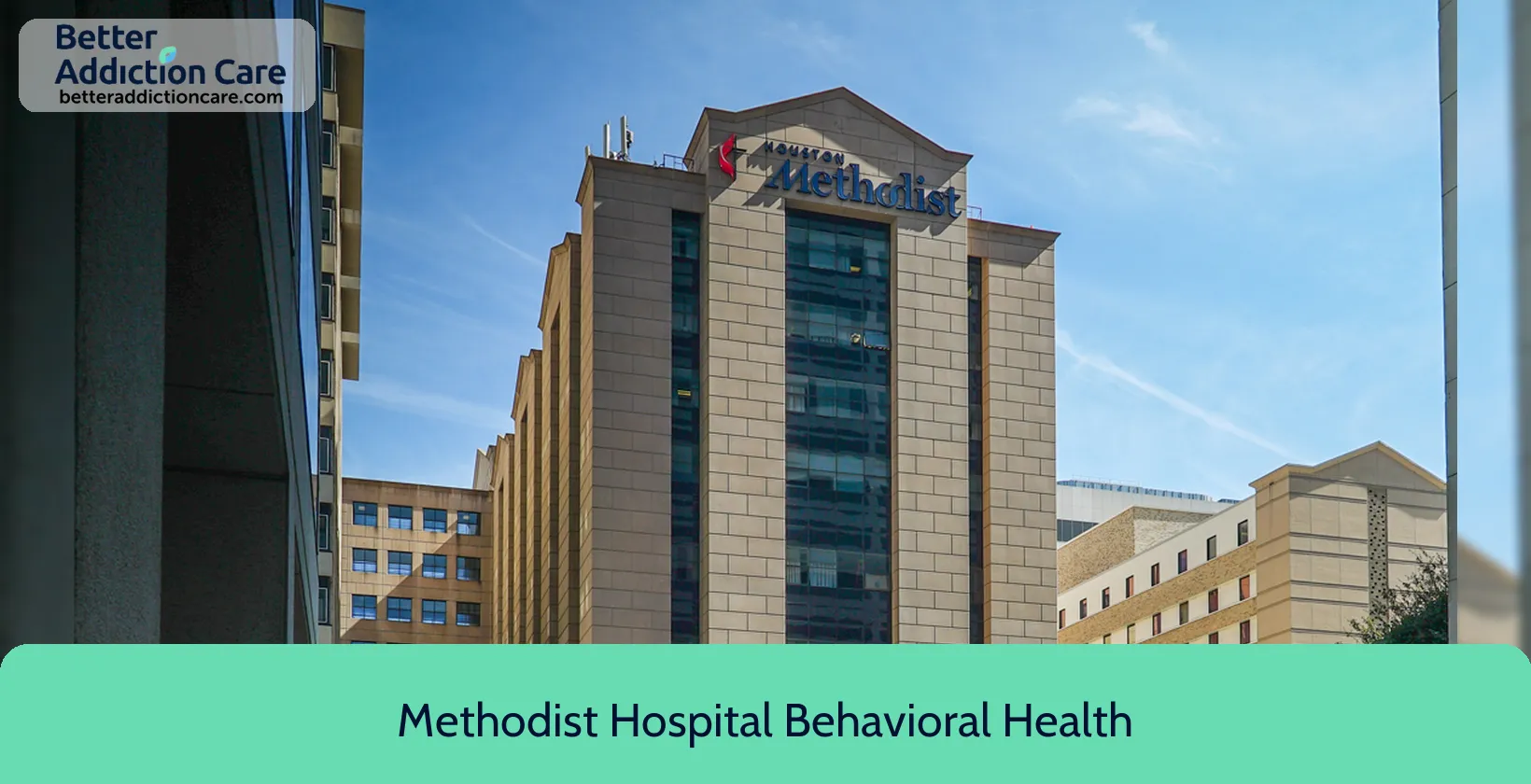
6.62
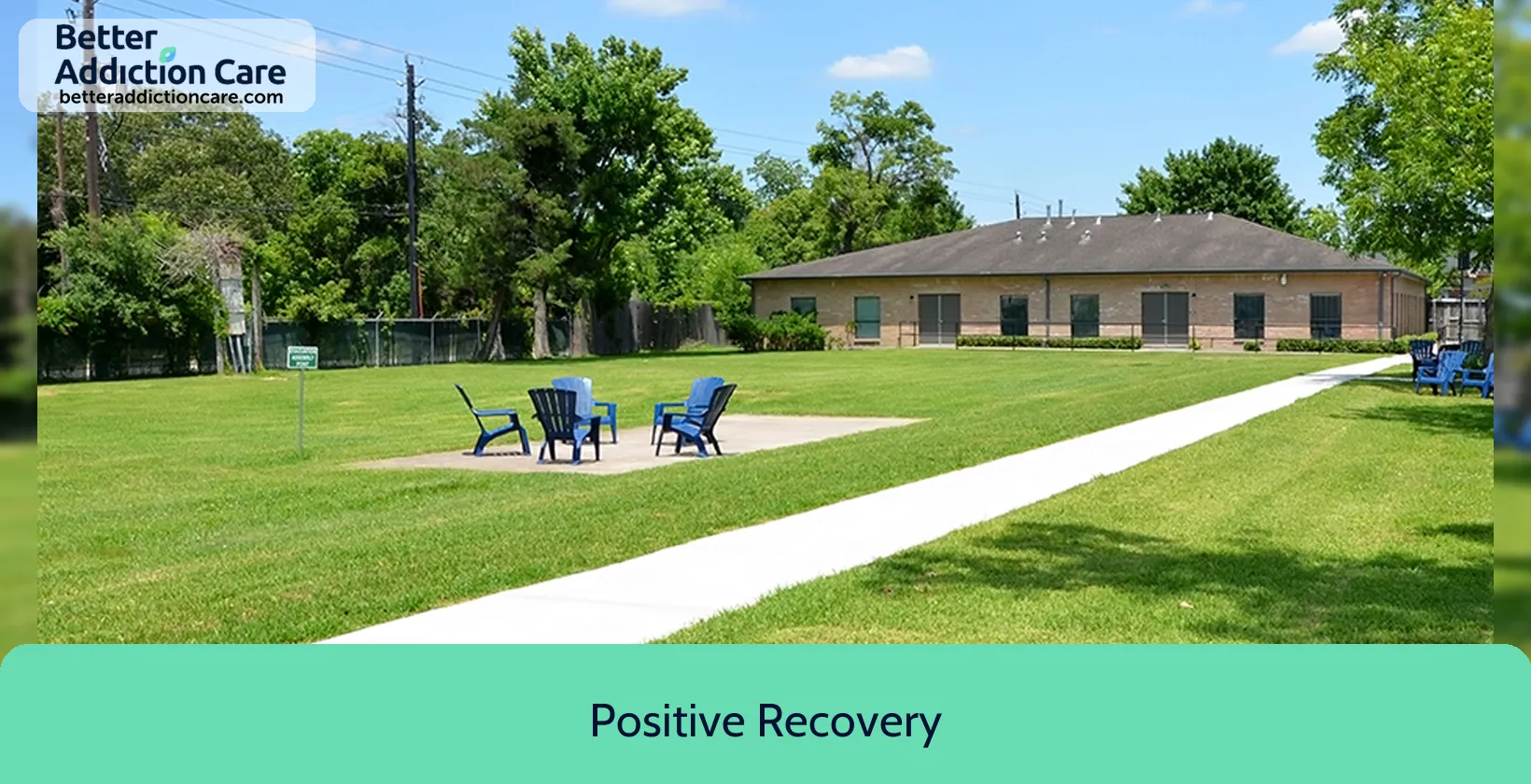
7.42
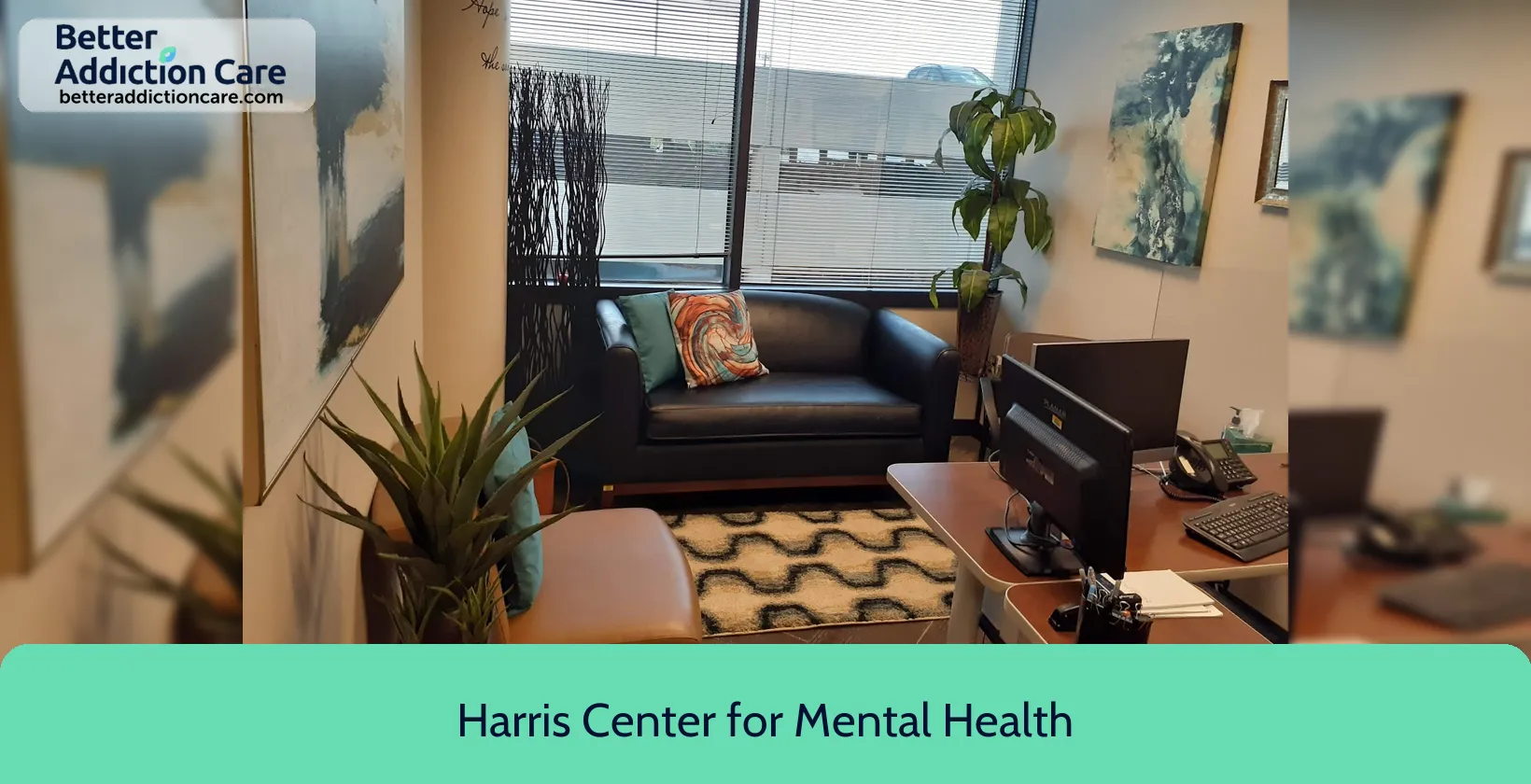
6.62
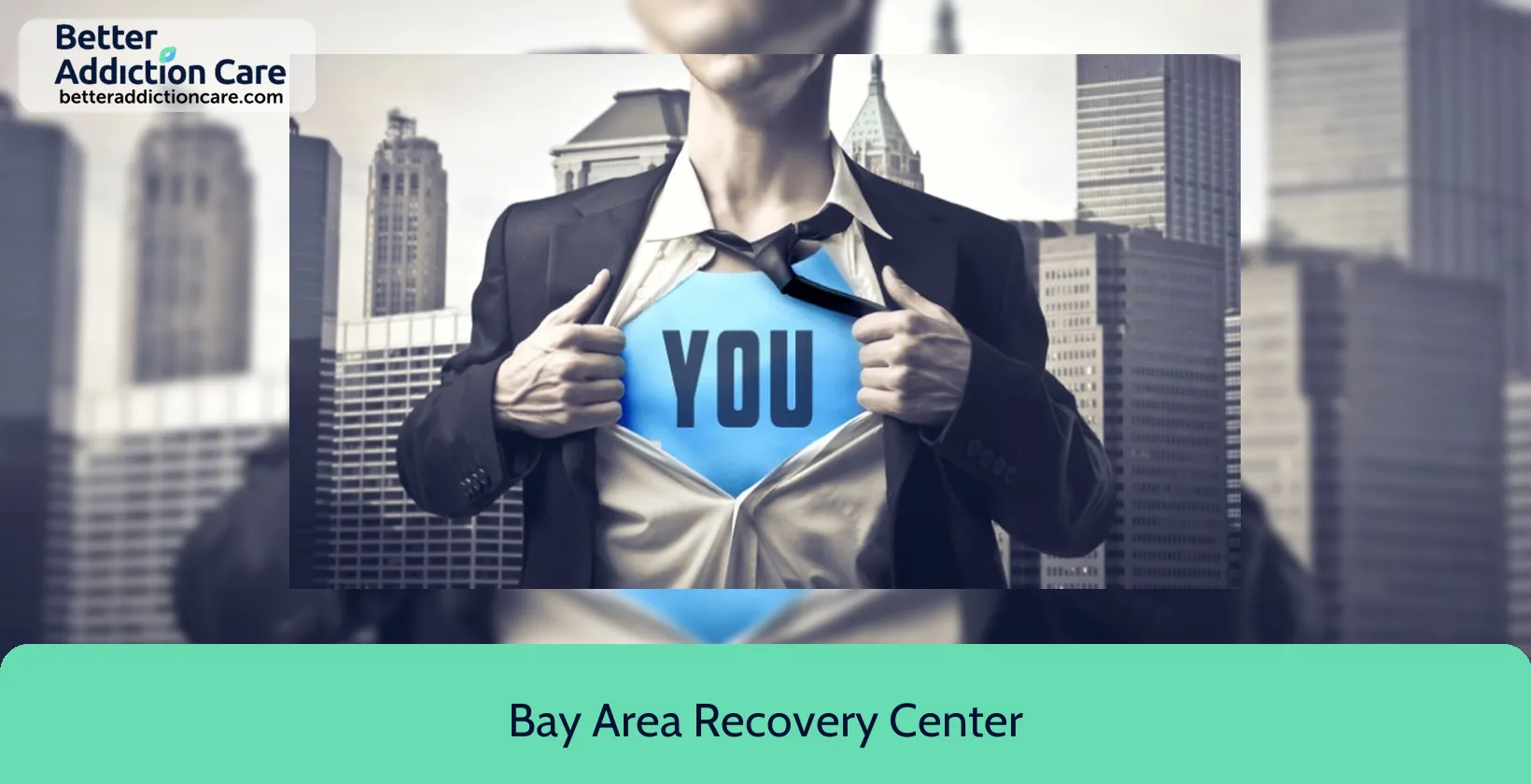
6.80
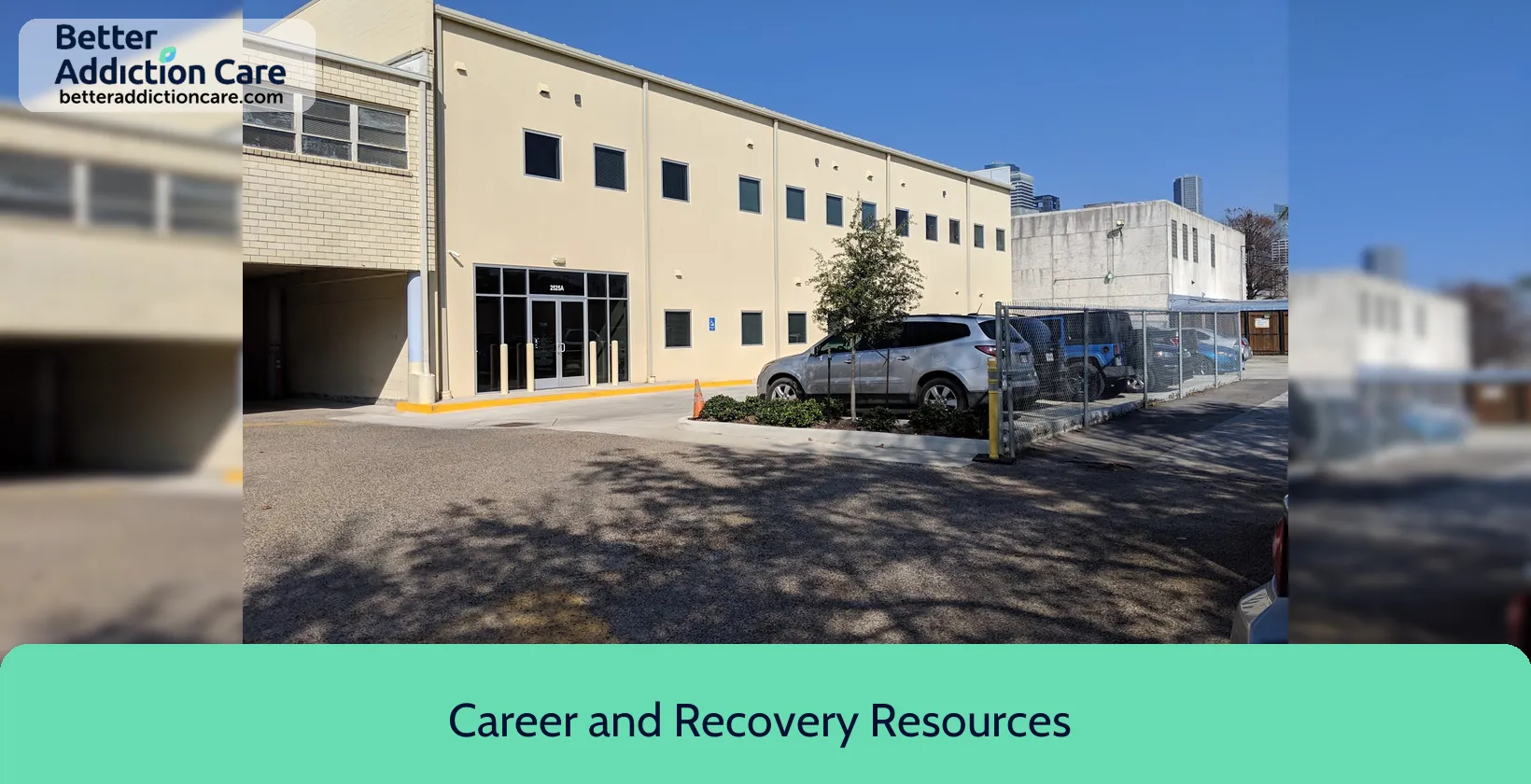
6.83
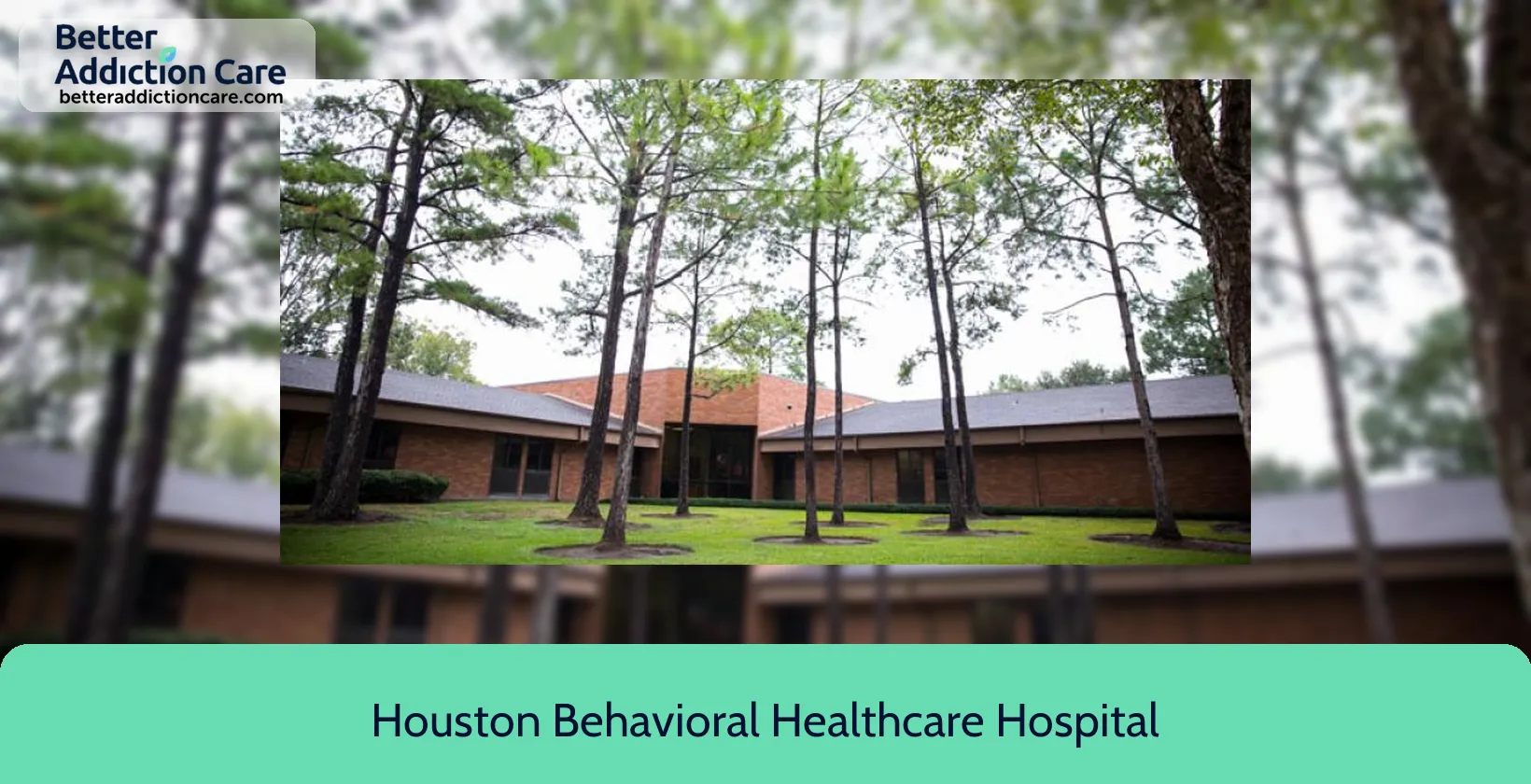
7.23
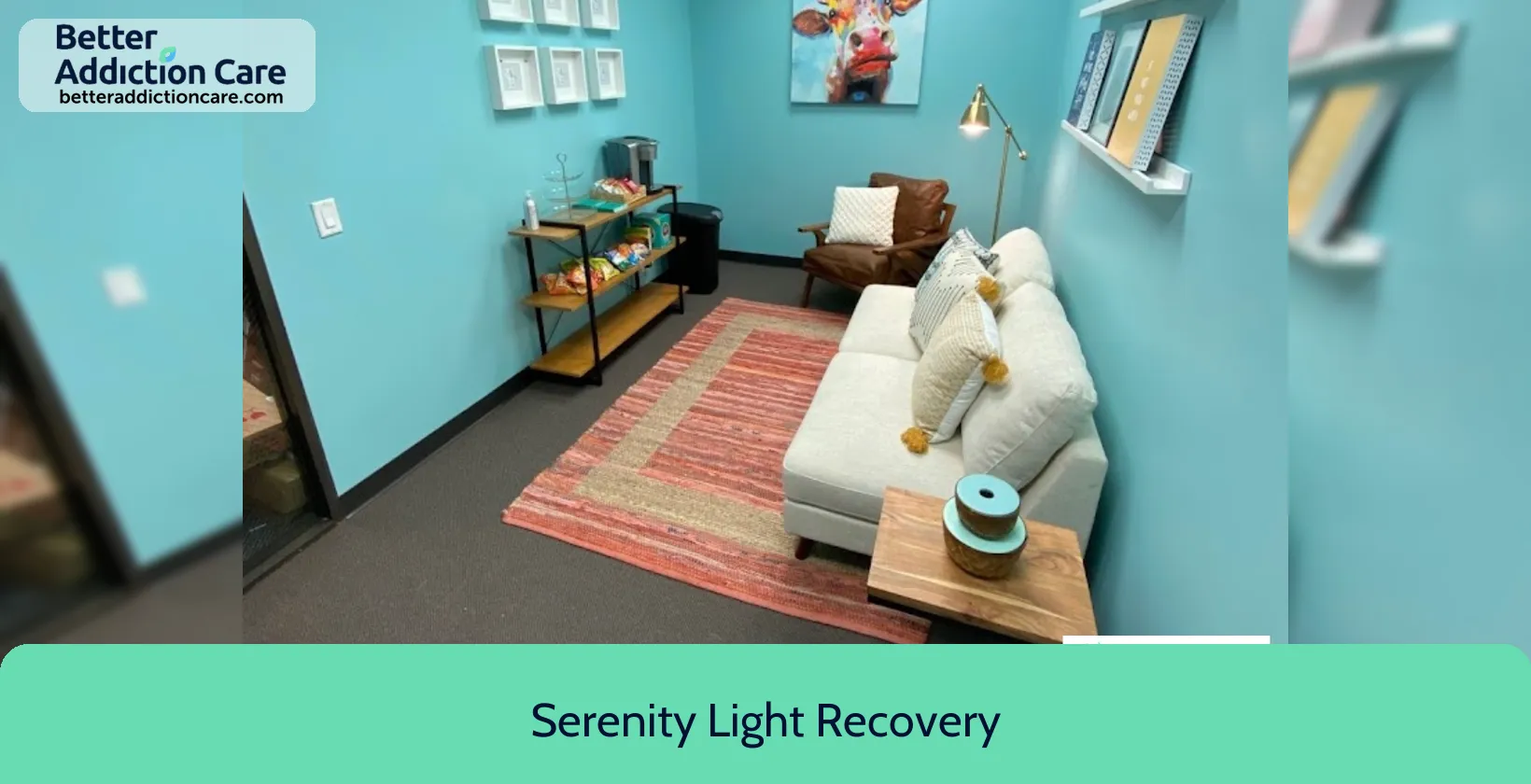
6.92
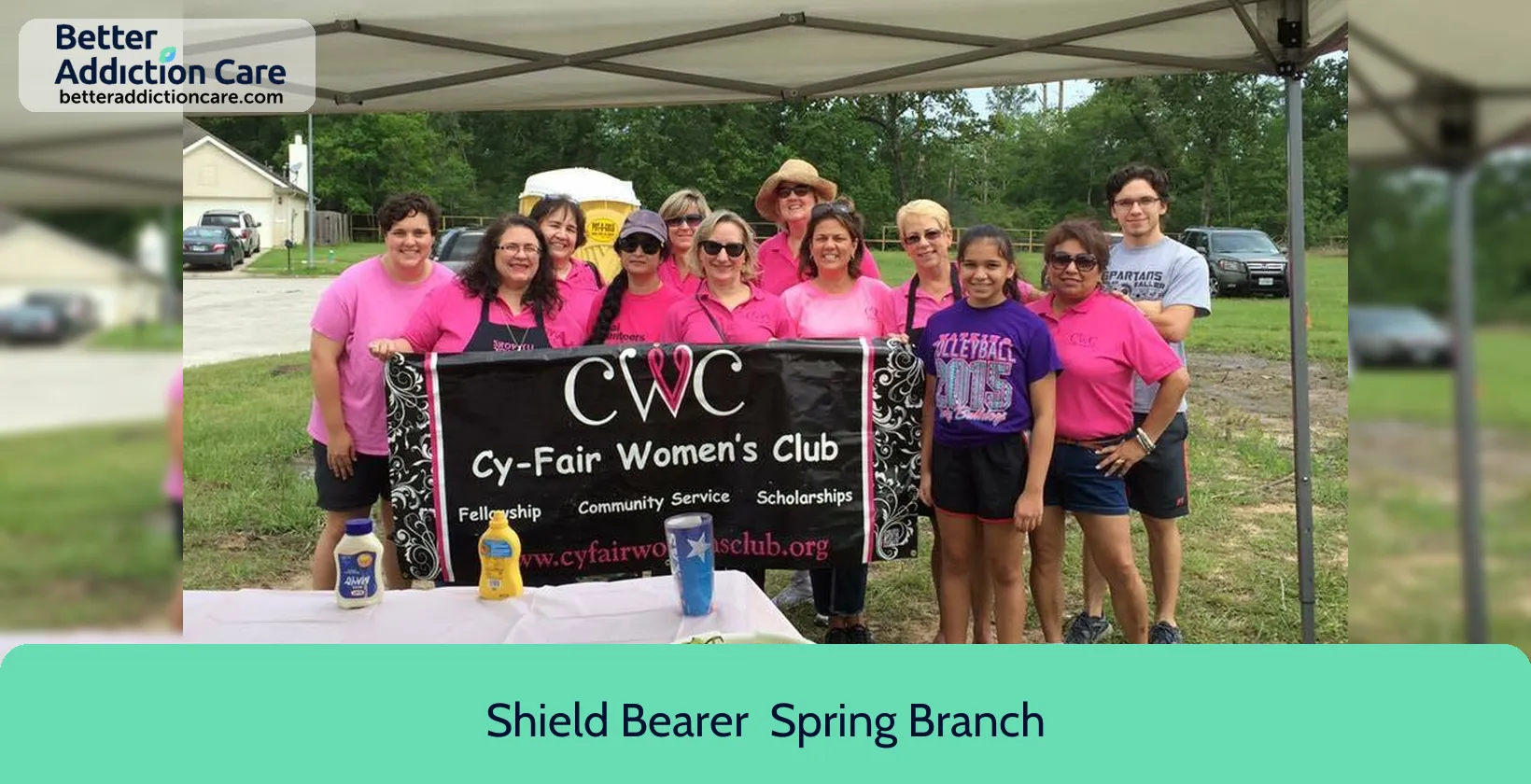
6.77
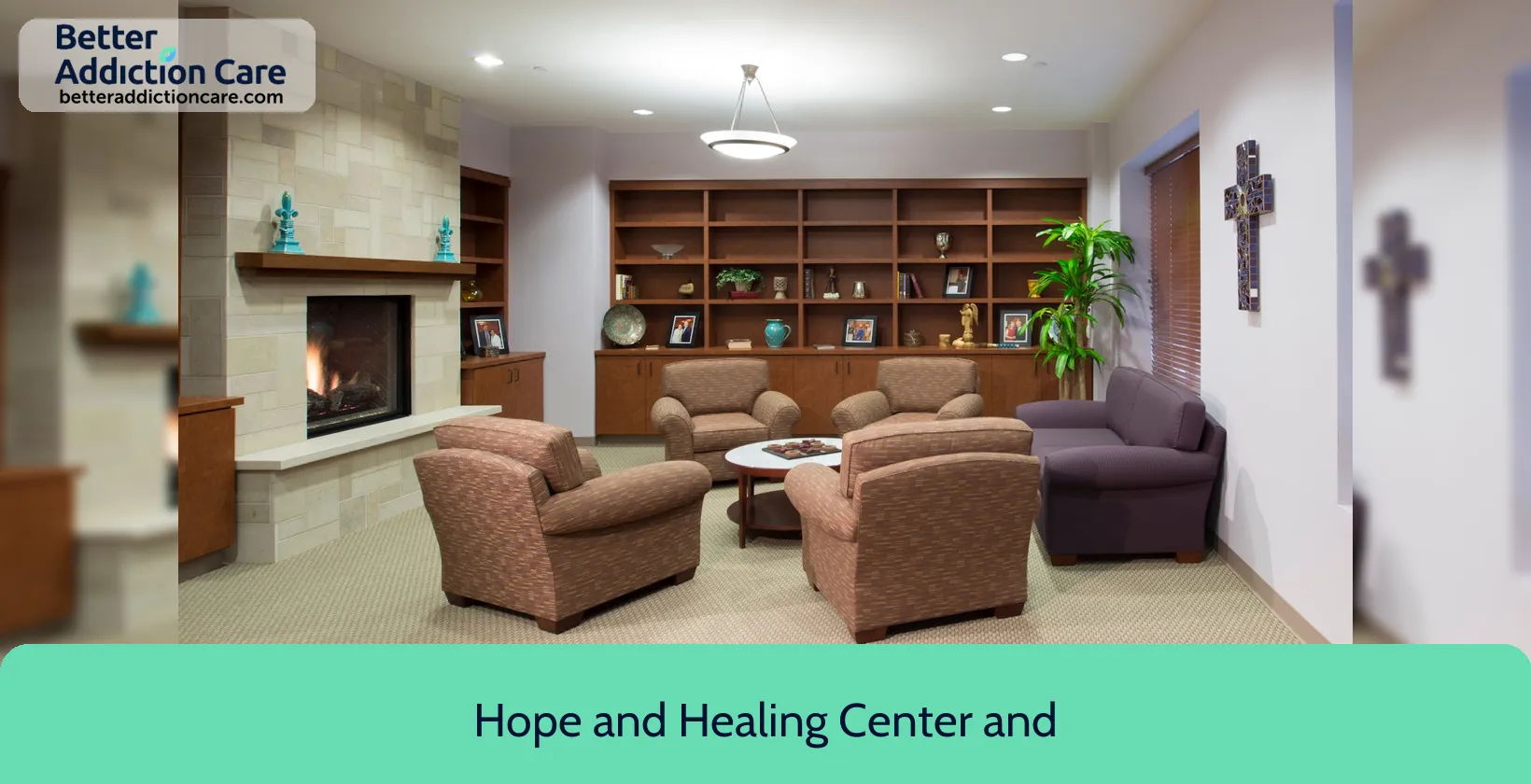
6.62
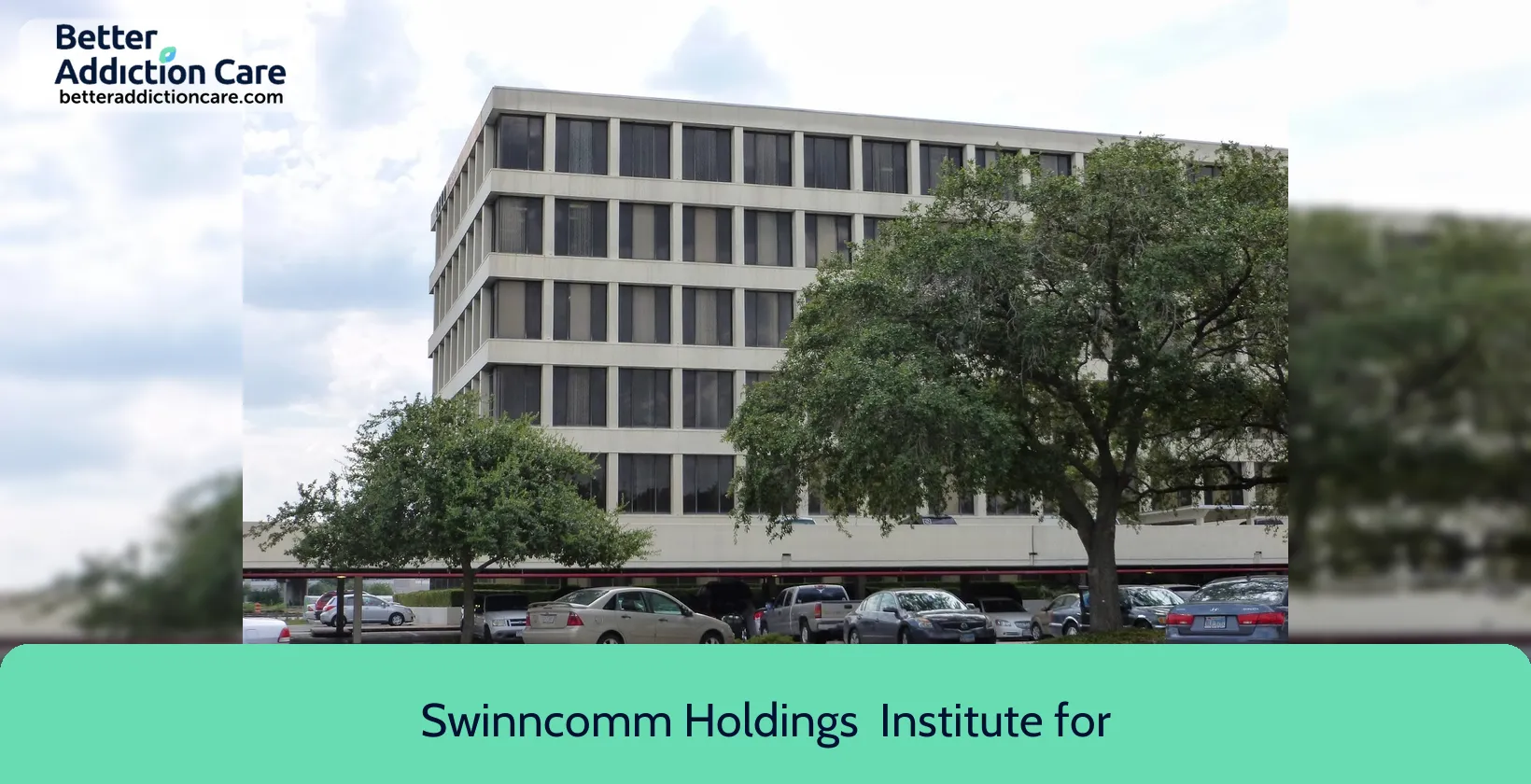
6.96
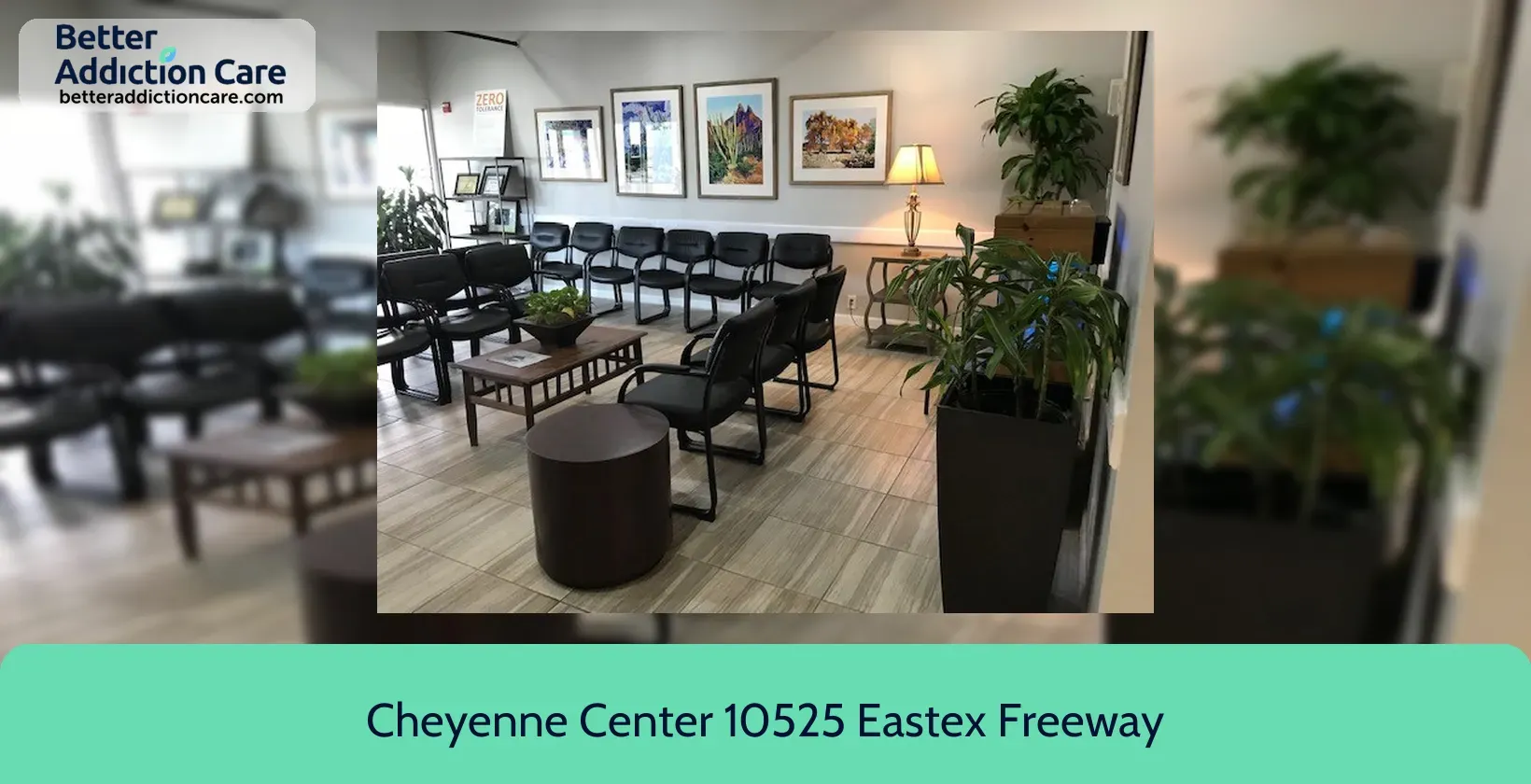
6.89
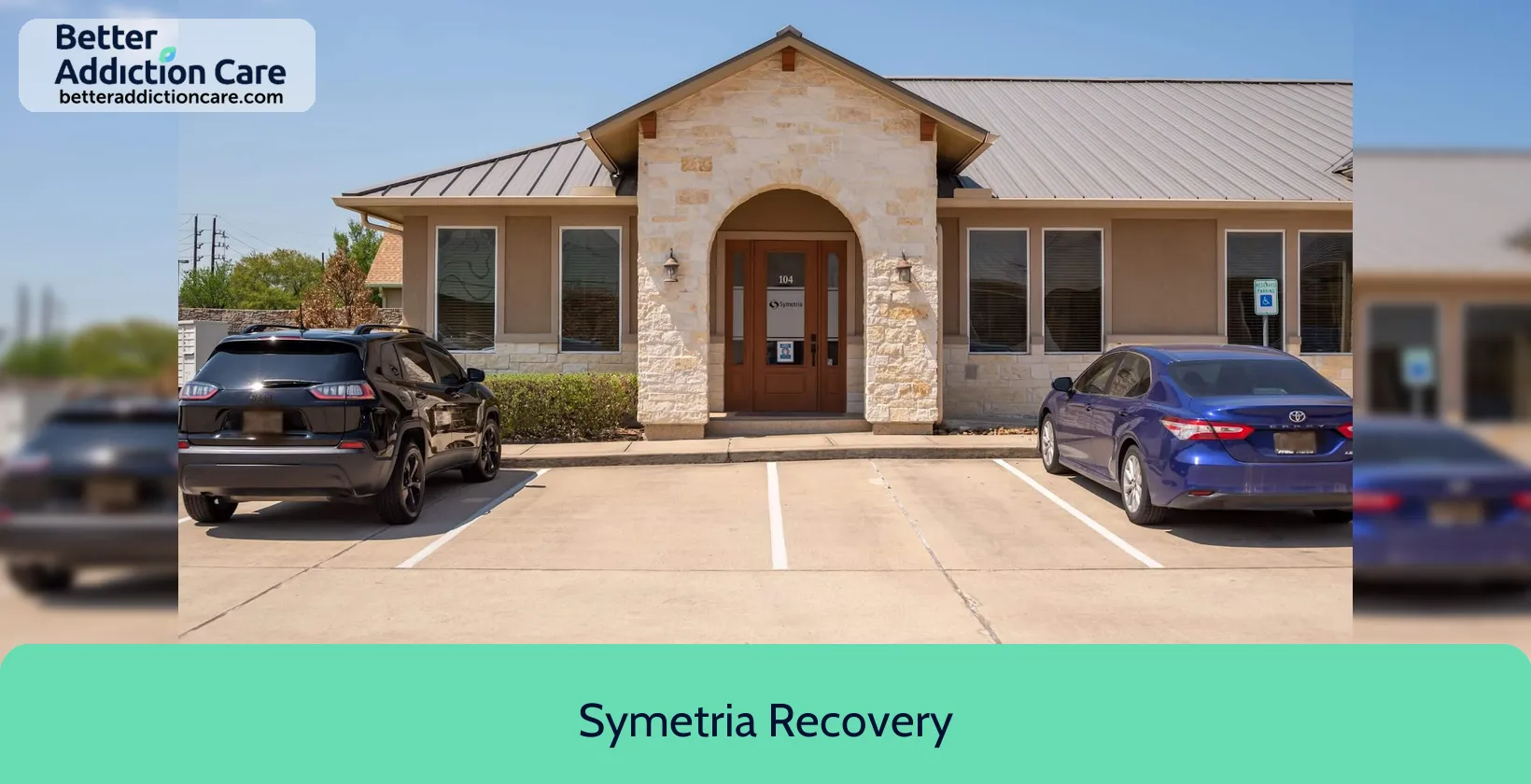
7.77
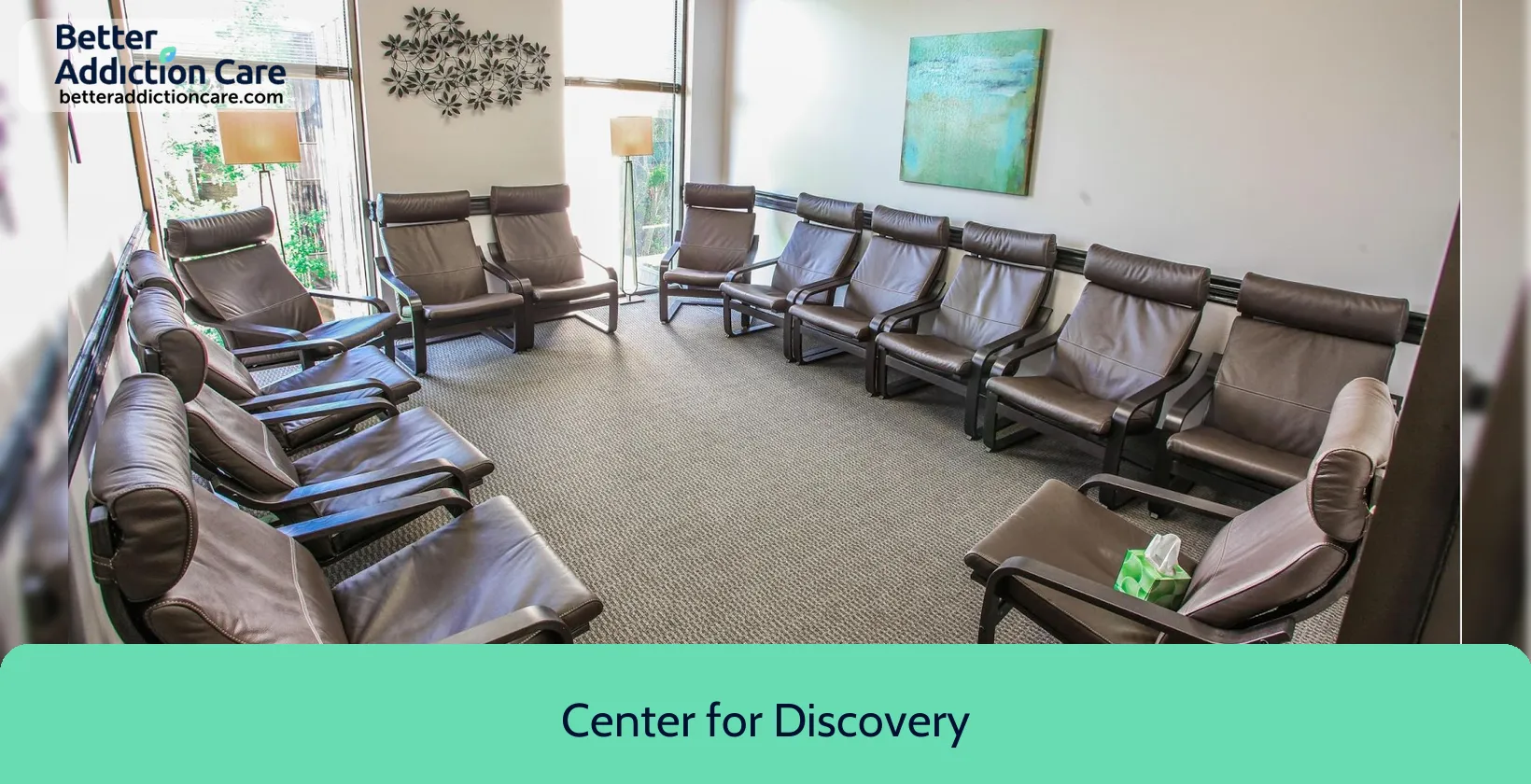
6.91
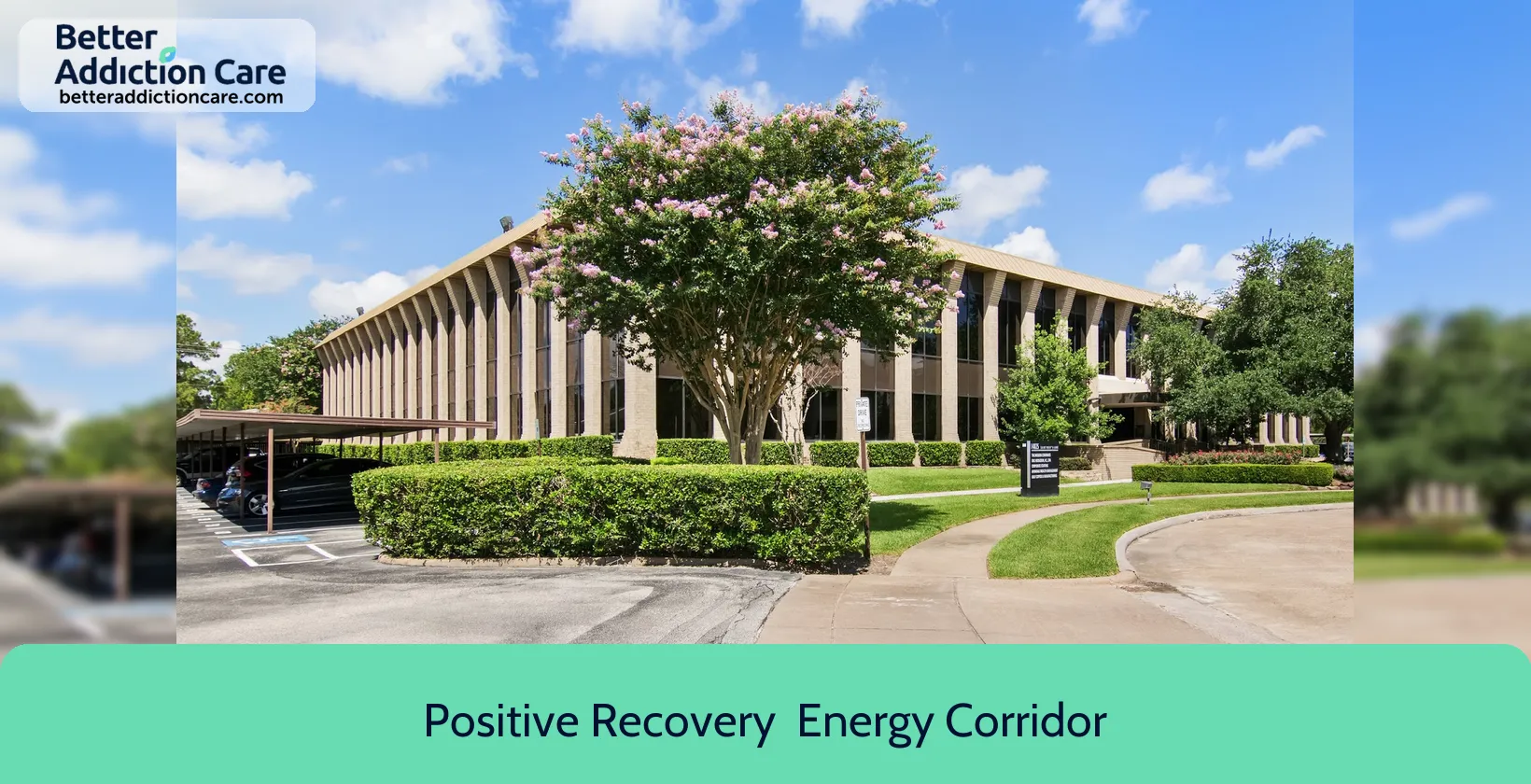
7.17
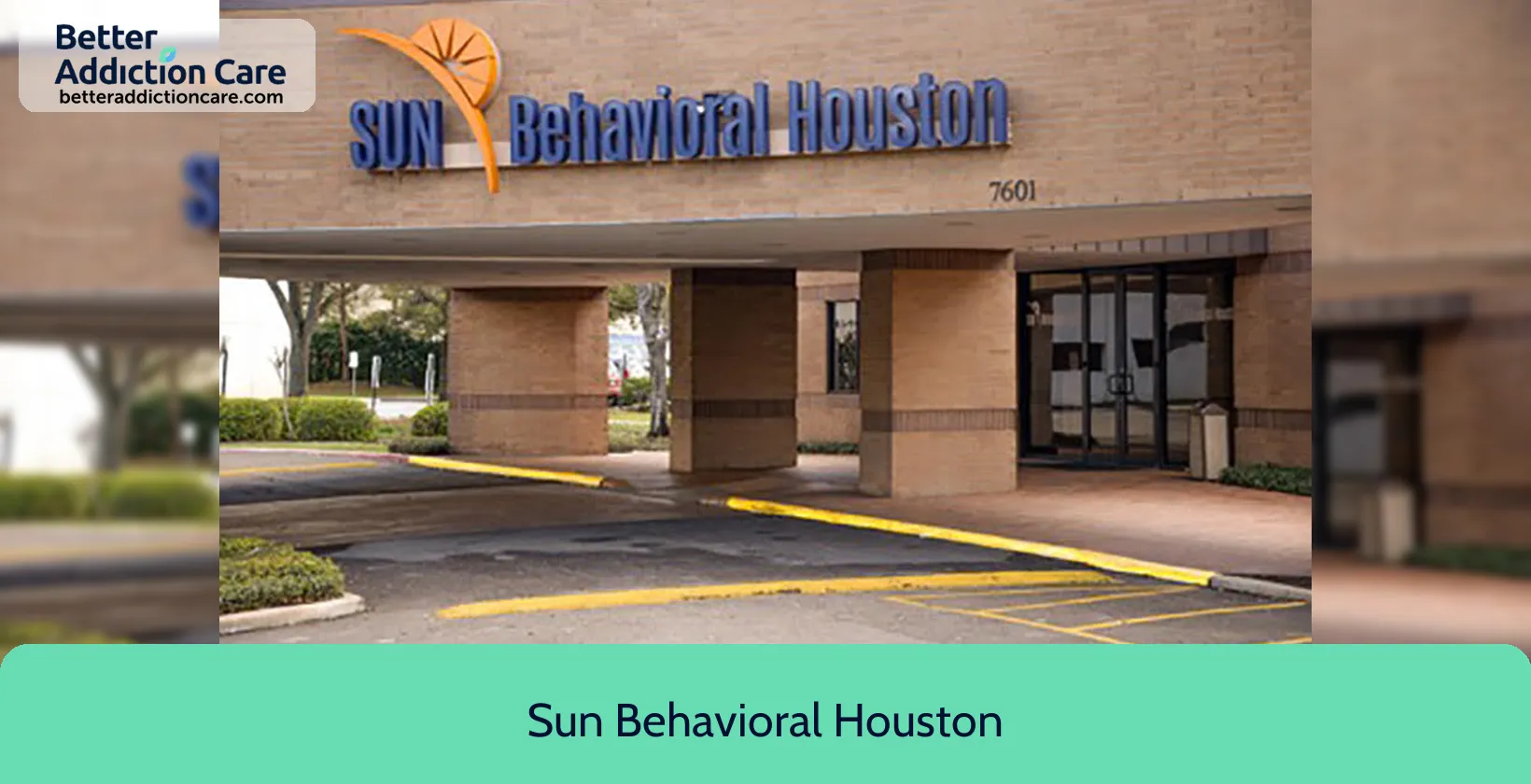
6.77
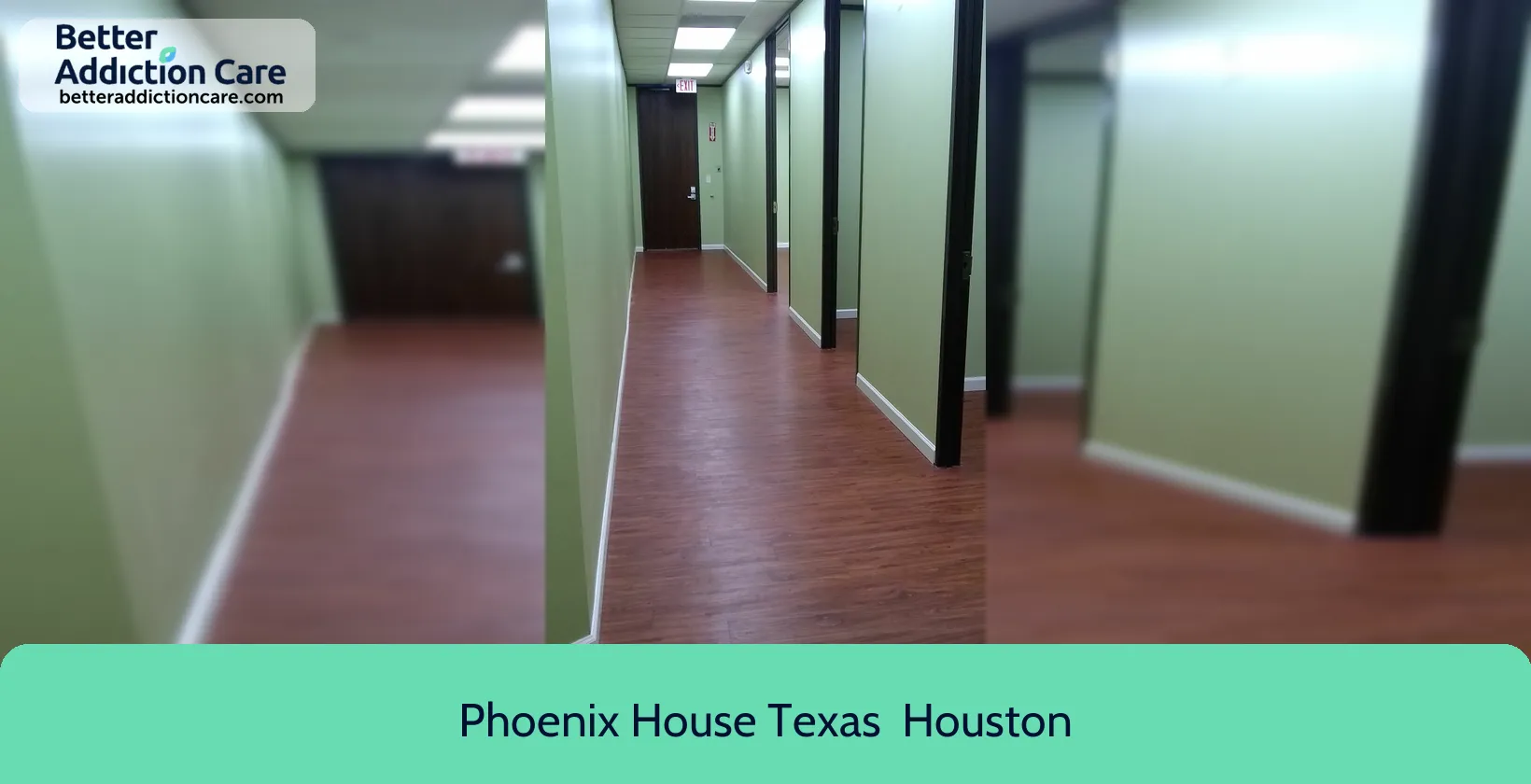
6.99
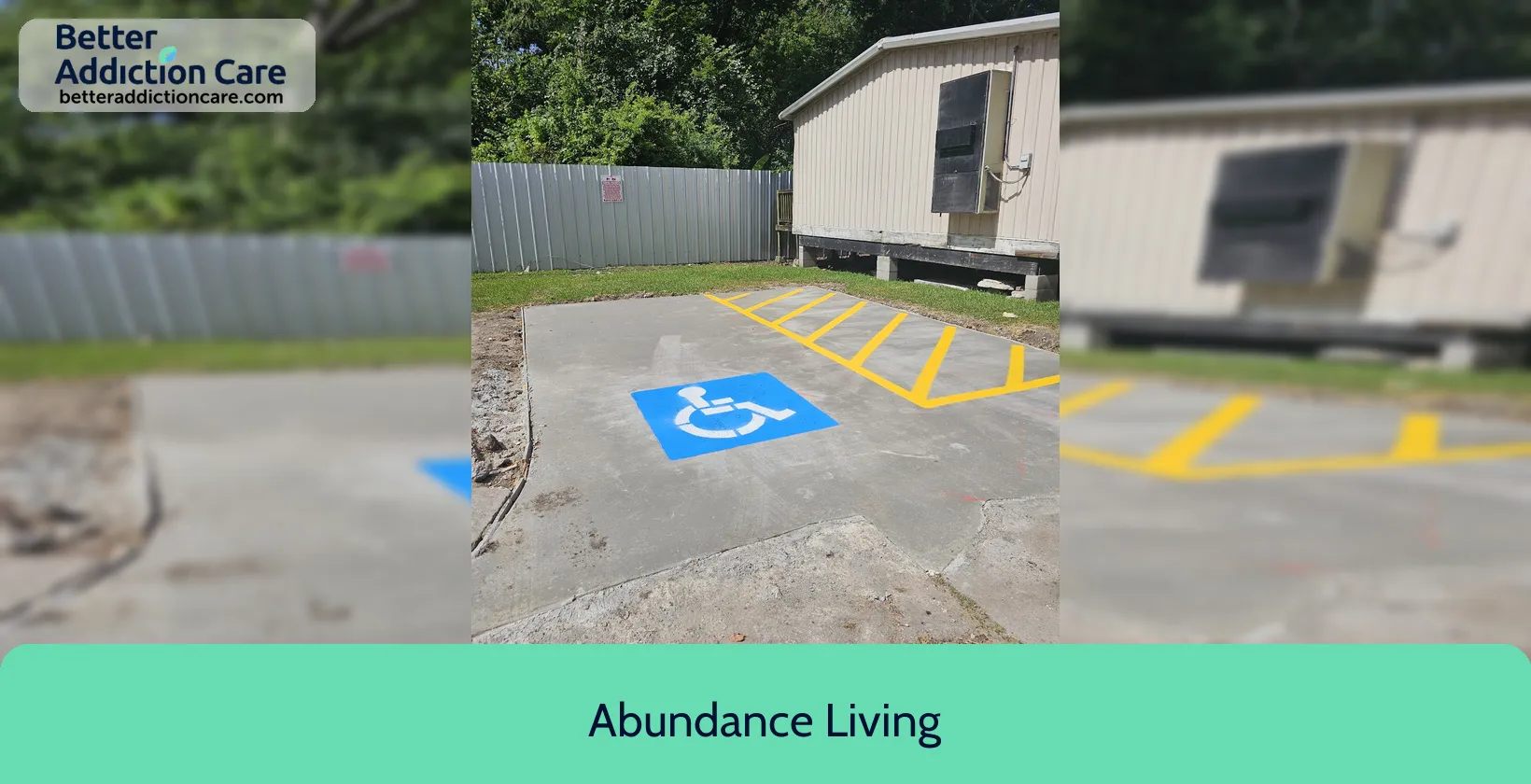
6.80
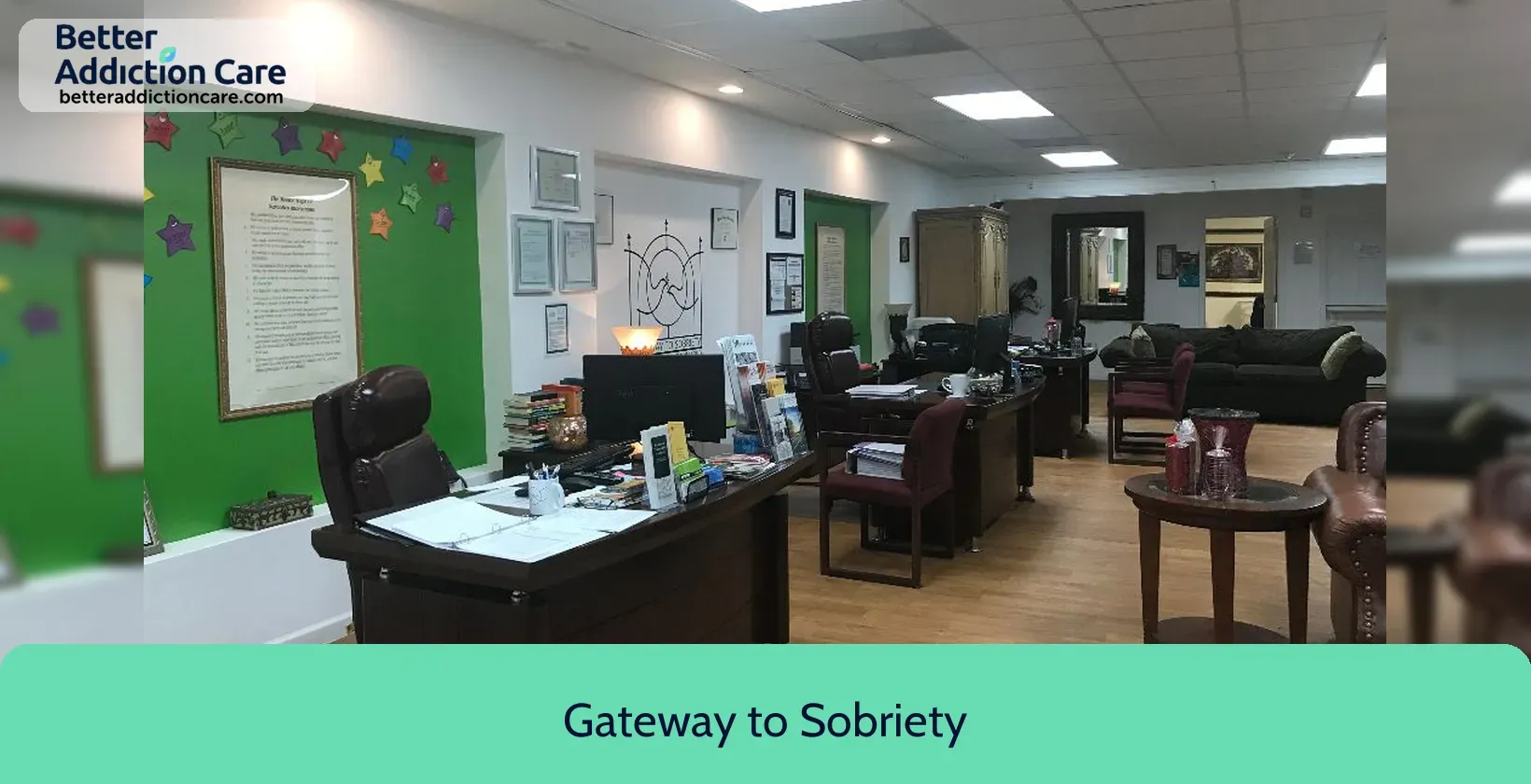
7.03
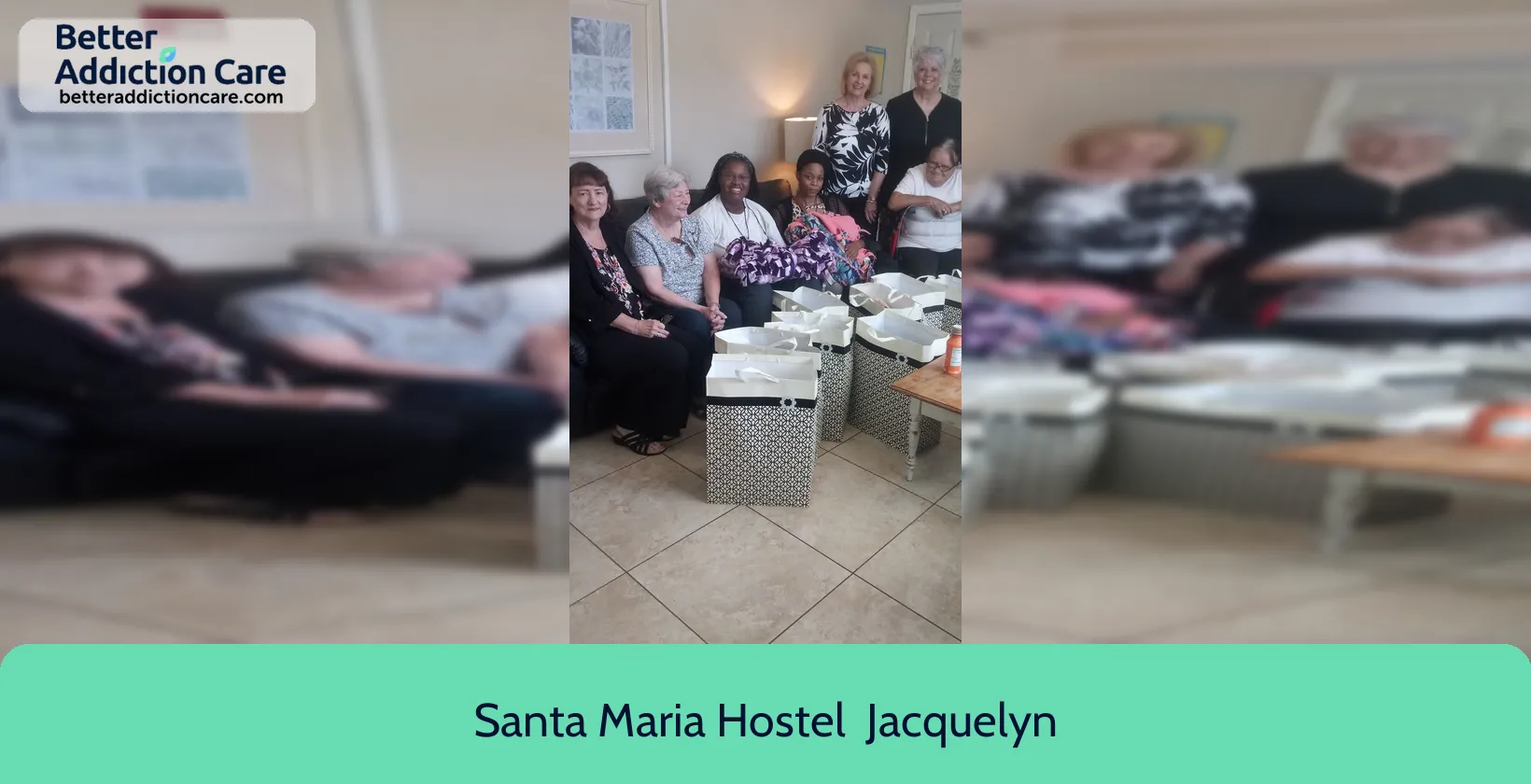
6.83

7.33
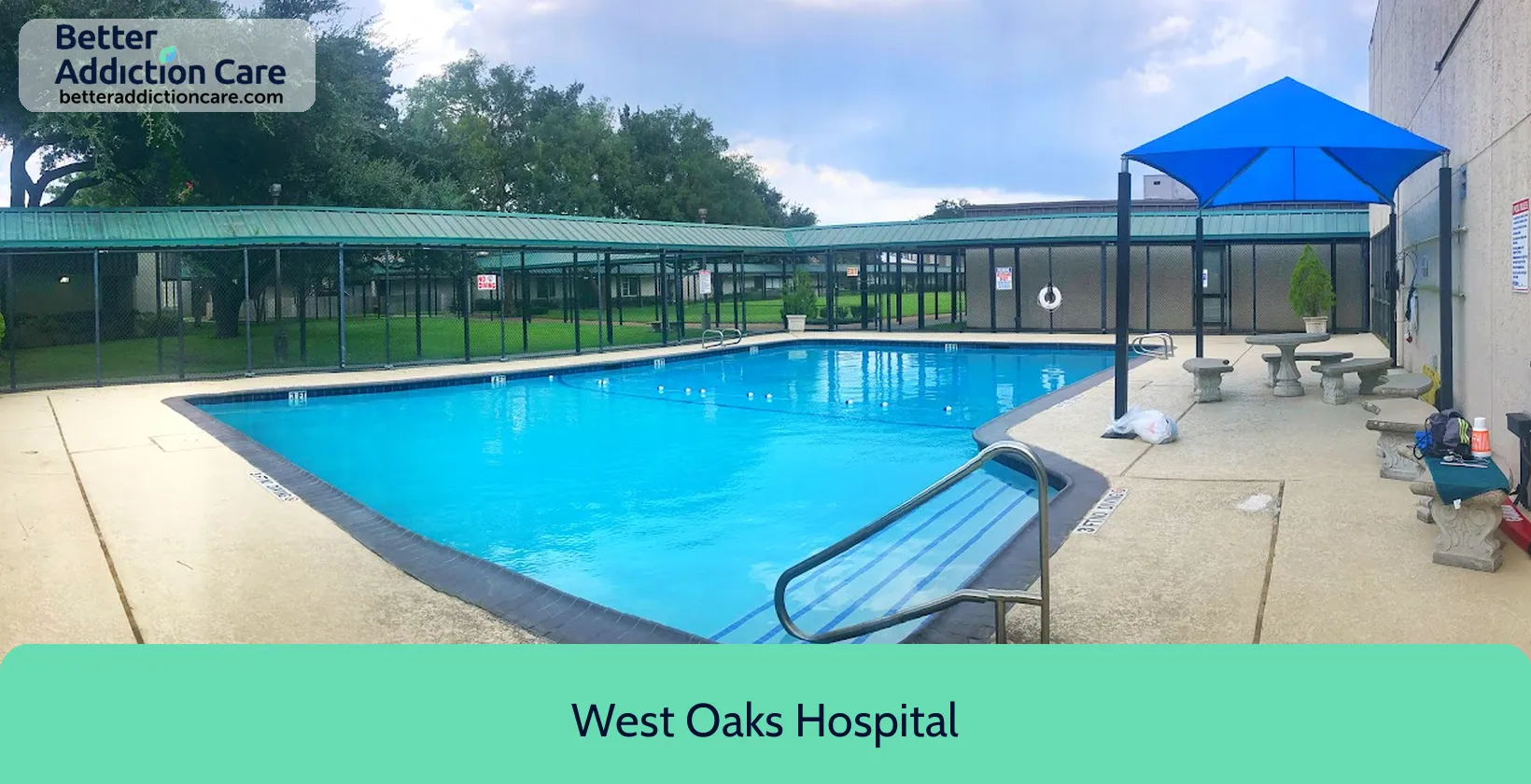
7.57
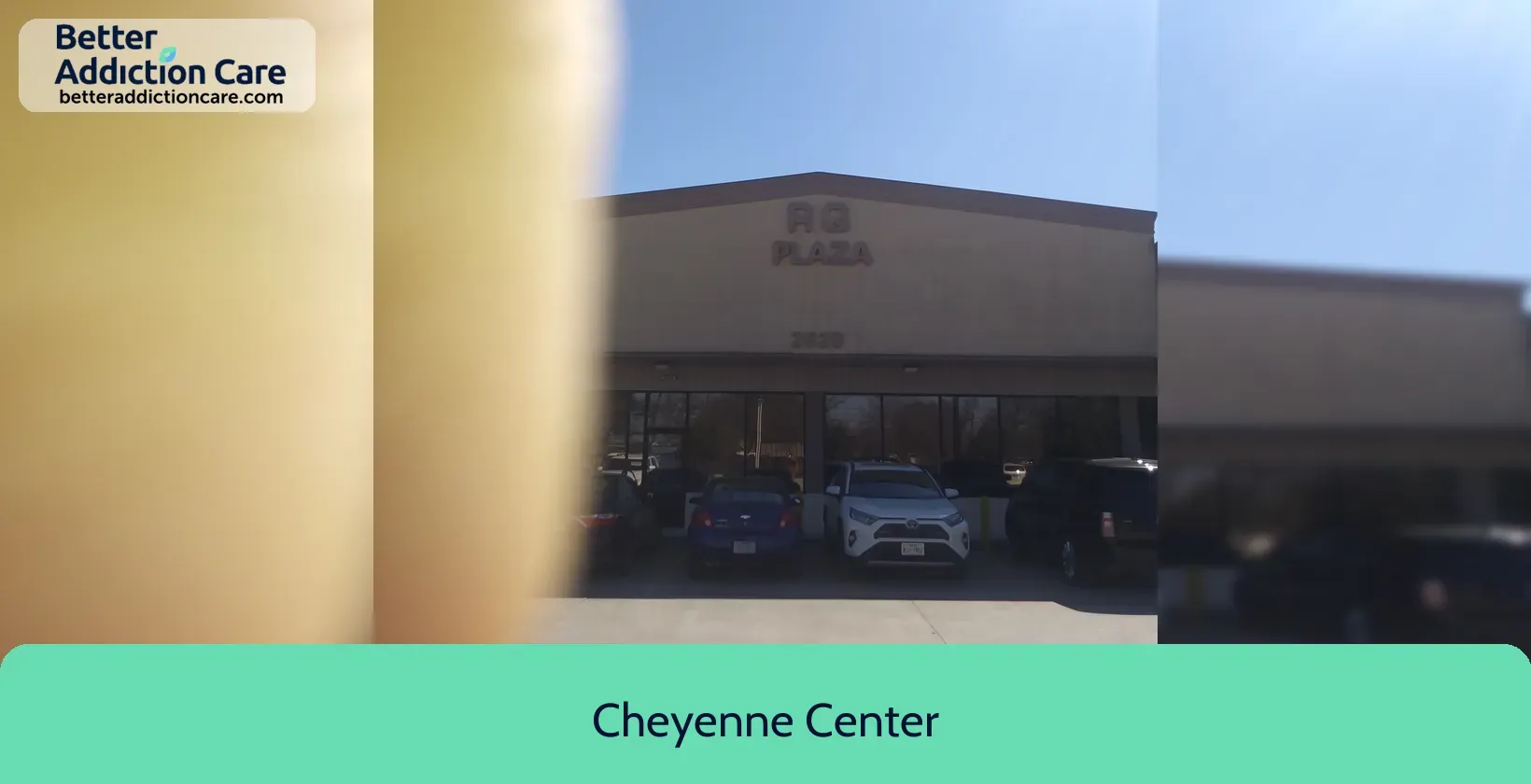
6.89
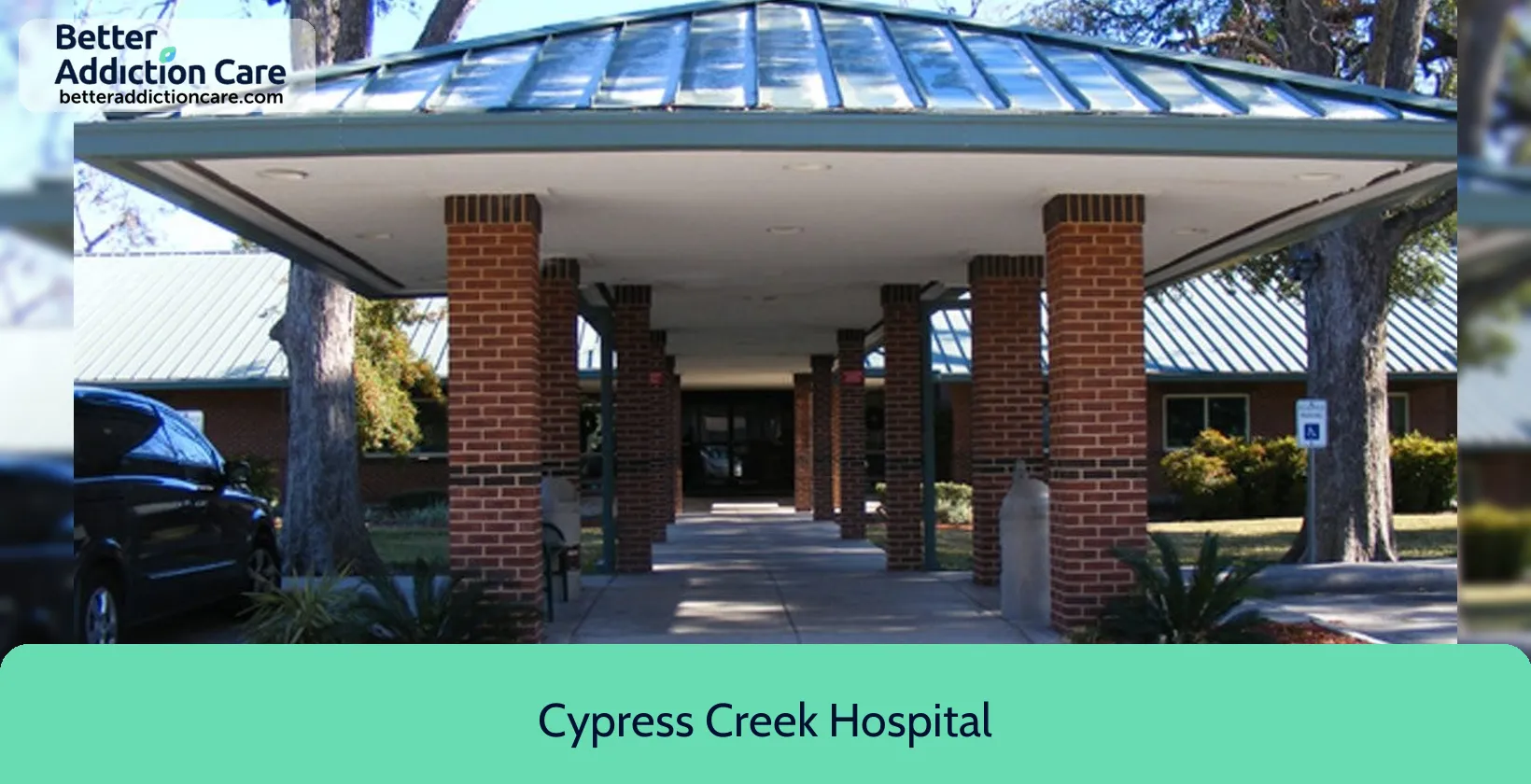
6.93

6.65
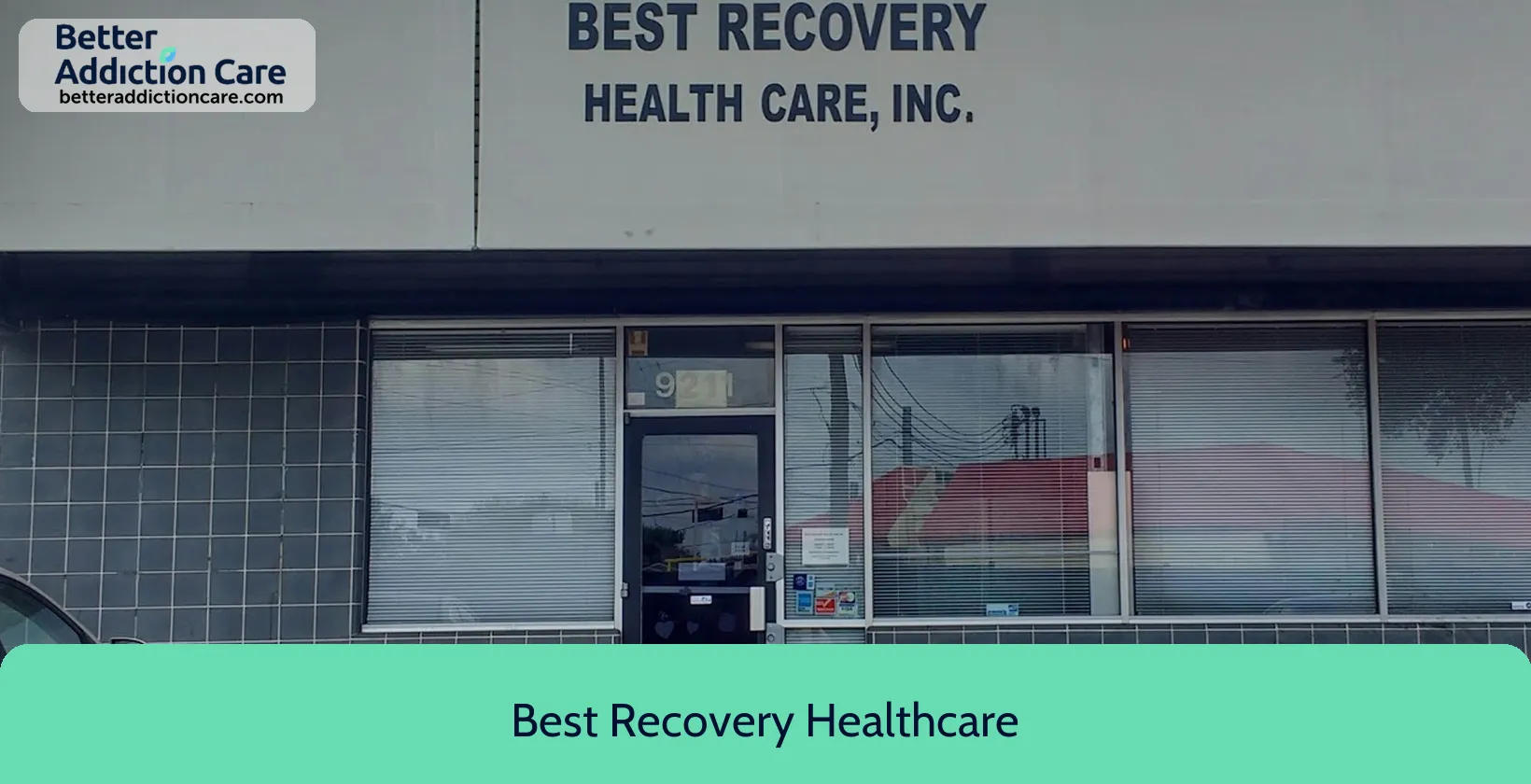
6.79

7.14

7.24

7.24

6.81

6.53

6.91

6.77

6.77

7.43

6.85

6.77

6.59

6.77

6.85

6.92

6.80

6.83
Substance Abuse Statistics for Houston
In Houston, about 11.8% of people aged 12 and older used illicit drugs, which is slightly lower than the national average of 14.7% but close to the Texas rate of 12.6%. Students in grades 7 to 12 reported drinking alcohol before the age of 13, and 31% of the total students currently drink alcohol.
These statistics reveal the extent and patterns of substance use within a community or region, helping to identify areas with higher needs for intervention and support. They provide insights into which substances are most commonly abused and highlight trends over time, allowing for more targeted public health strategies and resource allocation.
How Many Rehab Facilities Does Houston Have?
Houston offers a variety of rehab centers that aim to treat substance abuse, prevent overdoses, and support mental health recovery. With around 92 facilities across the city, individuals can access a wide range of services, such as detox programs, inpatient and outpatient care, counseling, and holistic therapies, all tailored to promote lasting recovery and a healthier lifestyle. Approximately 83 of these centers accept Medicaid, 49 accept Medicare, and all 92 work with private insurance providers.
How Much Do Rehab Facilities in Houston Cost?
The cost of drug and alcohol rehab in Houston can vary significantly based on several factors, including the type of treatment, length of stay, and amenities provided. While there is no specific data for the city of Houston, we can make estimations based on the information available about rehab facilities in Texas. For example, the average cost of rehab in Texas is $56.688. Below, you can find the costs of inpatient and outpatient services:
Inpatient rehab facilities:
-
$629.14 per day without insurance coverage
-
$251.65 per day with 60% insurance coverage
-
$125.83 per day with 80% insurance coverage
Outpatient rehab facilities:
-
$56.60 per day without insurance coverage
-
$22.64 per day with 60% insurance coverage
-
$11.32 per day with 80% insurance coverage
To obtain an accurate estimate of rehab costs, it's important to contact the facility you're considering and request a comprehensive breakdown of fees, insurance coverage, and any out-of-pocket expenses.
Types of Rehab Facilities in Houston
Facilities in Houston provide a range of options, from high-end luxury treatments to affordable, community-based support, ensuring that individuals can find the appropriate care for their recovery journey. Here's a list of the types of rehab centers available in Houston and their features:
|
Inpatient rehab centers |
Free or Low-cost rehab centers |
|||
FEATURES |
Residential program |
Schedule according to work, school, or other |
Comfortable accommodations |
Basic treatment |
|
Continuous monitoring |
Day programs (partial hospitalization) |
Holistic activities |
Detoxification programs (on a limited basis) |
|
|
Therapy sessions |
Regular therapy and addiction counseling |
Individualized treatment |
Community support |
|
|
Intensive care |
Flexible |
Gourmet food |
Government involvement sometimes |
|
|
Hour-programs available |
Premium services |
Accessible for limited financial resources |
Houston Rehab Insurance
Knowing how to navigate through insurance is essential when dealing with addiction treatment, as this can be costly. With the right coverage, you can access the care you need without the burden of overwhelming expenses. Insurance coverage for rehab helps you receive comprehensive support during your recovery journey, making treatment more affordable and reducing the financial stress often associated with rehab. Checking with both your insurance provider and the rehab facility ensures that the services you require are covered and helps you plan for any potential out-of-pocket costs.
Here’s a general list of common insurance providers and plans that rehab centers in the area may accept:
-
Aetna
-
Blue Cross Blue Shield (BCBS)
-
Cigna
-
UnitedHealthcare
-
Humana
-
Kaiser Permanente
-
Medicaid
-
Medicare
-
Molina Health Care
-
Health Net
-
AmeriHealth
-
Oscar Health
It’s advisable to contact the rehab facility directly to confirm insurance coverage. Before selecting a rehab center, review your insurance plan’s benefits and look for in-network providers.
Choosing the Right Rehab Center in Houston
Selecting the right rehab center is a crucial step in the recovery journey. With many options available in Houston, it’s important to consider several factors to ensure you receive the best possible care. Here are some steps and guidance on how to choose the best rehab center:
-
Consider proximity to your home. Using Google Maps can come in handy.
-
Evaluate if your insurance covers the service.
-
Evaluate costs.
-
Look for financial assistance.
-
Be sure the facility is accredited and licensed by the Joint Commission of Accreditation or Commission on Accreditation of Rehabilitation Facilities (CARF).
-
Search for program types, treatment methods, and specialized programs according to your needs.
-
Search for reviews from previous users.
-
Look for the possibility of aftercare programs.
-
Ensure the center provides good spaces, nutrition advice, and a safe environment.
-
Start your rehab!
Explore the Best Houston Rehabs
Houston offers a variety of high-quality rehab options designed to meet different needs, from intensive inpatient care to flexible outpatient rehab programs. Many centers emphasize holistic approaches, integrating therapies like meditation, physical exercise, and art therapy alongside traditional methods like cognitive-behavioral therapy (CBT) and 12-step programs.
With various programs designed to support individuals through all stages of recovery, Houston is a solid choice for those looking to overcome addiction and achieve lasting sobriety. Rehab can sometimes be challenging. Thus, choosing the right rehab center will help you navigate this process effectively.
Local Rehabs in Texas
Common Questions About Rehab in Houston
Take a look at our FAQ. We've tried to fill it with all the answers you're looking for. And if not, contact us on (888) 349-0436.
Rebuilding trust after rehab is a slow and steady process that requires consistent effort and patience. To regain your loved one’s trust, it's crucial to be honest and transparent about your recovery journey, sharing both your progress and any challenges you face. Actions speak louder than words, so following through on promises and staying true to your commitments is key.
A major benefit of group therapy is the opportunity for individuals to connect with others who are experiencing similar struggles. This shared experience fosters a sense of community and support, helping participants to feel less isolated.
Group therapy also allows for the exchange of valuable insights and coping strategies, as members can learn from each other's experiences. Additionally, it provides a safe space to practice social skills and receive feedback, which can be instrumental in the recovery process.
Yes, nutrition is often a key component of many addiction treatment programs. Proper nutrition helps support the body’s healing process and can improve overall well-being. Many rehab programs include nutritional counseling to help individuals understand the role of diet in recovery, manage cravings, and restore physical health. This might involve developing healthy eating habits, addressing any nutritional deficiencies, and learning how to maintain a balanced diet as part of a long-term recovery plan.
- Accreditation and licensing of the facility
- Availability of medical detox and evidence-based therapies
- Specialized programs based on patient needs (e.g., dual diagnosis, gender-specific care)
- Insurance acceptance and out-of-pocket costs
- Facility location, amenities, and reviews
The cost of Dual Diagnosis rehab centers in Houston, Texas is typically around $20,000.
Inpatient Programs:
- 30-day treatment: $20,000 (range: $10,000 – $30,000)
- 60–90 day treatment: $36,000 (range: $12,000 – $60,000)
Outpatient Programs: Average cost is $5,700 (range: $1,400 – $10,000).
Luxury Centers: Can cost up to $80,000 per month due to enhanced amenities and personalized services.
Pricing depends on treatment type, facility features, and duration of the program.
Dual Diagnosis rehab centers treat both substance abuse and co-occurring mental health disorders, which increases cost due to specialized care:
- Alcohol addiction: Costs increase by 30%, raising a 30-day program to $26,000
- Opioid addiction: Medication-assisted treatment (MAT) raises 60–90 day costs by 45%, totaling $52,200
The cost of Faith-Based rehab centers in Houston, Texas is approximately $50,000, representing 72.5% of the standard cost.
The average cost of a 30-day inpatient Faith-Based rehab program in Houston, Texas ranges between $45,000 and $55,000, which is slightly lower than the general inpatient average of $56,640.
This reflects a cost reduction of $1,640 to $11,640, or 3–20% less than standard inpatient programs.
Outpatient Faith-Based programs typically cost $1,400 to $10,000 for a 3-month duration.
The cost of LGBTQ+ rehab centers in Houston, Texas ranges from $20,000 to $30,000. On average, inpatient treatment ranges from $15,000 to $30,000 per month, while outpatient programs generally cost between $5,000 and $10,000 monthly.
Costs increase by up to 50% for specialized LGBTQ+ care due to tailored services and inclusive environments. For example, if a standard program costs $20,000, a specialized LGBTQ+ program may reach $30,000—a 50% increase.
Costs in areas like Texas may vary based on the type of substance and level of care. Treatment for opioid use can increase costs by 20–30%, adding $4,000–$6,000 to a $20,000 program. In contrast, treatment for alcohol addiction typically raises costs by 10–15%.



